
Articles, videos about Tongkat Ali, Black Ginger, and Butea Superba
Articles, videos about optimal sex
Tongkat ali standardization for eurycomanone is a scam
Tongkat Ali Research, 2019
More and more websites selling tongkat ali, or alleged tongkat ali, claim that their product is standardized for eurycomanone. As if this would be a mark of superior quality. But it isn't.
Potentially active compounds in tongkat ali (scientific name: Eurycoma longifolia) are many. See below for a rough idea.
While there has been a lot of research into tongkat ali extract, it is still unclear which of the 50 or so biochemical constituents works on the human hormonal system. It may well be that the effectiveness is in a combination of several tongkat ali phytochemicals, in that one constituent is the main effector, and others work as catalysts.
There are many scientific studies linking tongkat ali extract to elevated testosterone and heightened libido. How about eurycomanone and testosterone, or eurycomanone and libido?
Let's run a search on PubMed, or Medline (alternative names for the same institution). Medline (or PubMed) is the medical database of the National Institute of Health of the US government. The criteria for an inclusion on Medline are more stringent than for Google Scholar, which is prone to the commercial manipulation with non-scientific publications. Medline contains the abstracts or full texts of more than 25 million scientific medical studies.
So, what do you get if you search for: eurycomanone testosterone
Nothing. Zero.
Eurycomanone hasn't been studied even just once for a connection to testosterone. Not in genuine research.
So, how about: eurycomanone libido
Same story. Zero results.
Again, there isn't even just a single scientific study that would have examined a link between eurycomanone and libido.
But a lot of research is being done on eurycomanone and cancer. Eurycomanone is cytotoxic to certain cancer cells. This means: eurycomanone kilks these cells. But the research is preliminary. It is done on isolated cells (in vitro), not on living organisms (in vivo), not in rats, and certainly not in humans.
Eurycomanone in pharmaceutical dosages kills certain cancer cells. Nobody knows whether it also kills healthy cells, and if yes, which. Even if you have cancer, you don't want to be a guinea pig.
Tongkat ali has a long tradition as folk medicine in Southeast Asia, the only part of the world where it grows. The conventional method of preparation and ingestion is to boil the root for about half an hour or longer, and then drink the resulting tea. Root chips are often boiled for several rounds.
Many prominent people in Southeast Asia consume tongkat ali. Best-known among them is Mohamad Mahathir, a medical doctor (MD) and prime minister of Malaysia. That guy is in his mid-90s, and is fit as if he were in his 50s. He was re-elected prime minister of Malaysia in 2018 at age 92, after having held the post in his relative youth from 1981 to 2003 (age 56 to 78). Does tongkat ali tilt the odds of reaching 100 in your favor?
As for Dr. M's virility: he has seven children, and it's easy to lose count on the number of his grandchildren, as there is constant upward fluctuation.
Here some advice on preparing a tongkat ali tea from another Southeast Asian politician, the former Singaporean presidential candidate Tan Kin Lian. Mr. Tan Kin Lian was apprehended for tongkat ali smuggling (tongkat ali is a protected plant in Malaysia). He is only in his 70s. Thus, his interest in relationships is quite natural (by Asian standards, anyway).
More recipies for tongkat ali tea:
The traditional method of consuming tongkat ali is by boiling it for a long time. Substantial heat over considerable time is needed to dissolve tongkat ali phytochemicals in water. Boiling over time will result in a brown fluid (an aqueous extract) with its characteristic miserable (and I do mean MISERABLE) taste.
Cold, even lukewarm, water will not dissolve anything in tongkat ali root. You can try this yourself by placing tongkat ali root chips in a bowl of cold or tepid water for a day or two. Nothing will happen. No brown fluid, for sure.
You could also apply some simple logic. Tongkat ali roots are tree roots. The function of tree roots is to absorb water and water-dissolved nutrients, even chemicals. That would be strange if roots, or species-defining phytochemicals in roots, would dissolve in water. They don't.
Heat is an essential component of any water-based (aqueous) tongkat ali root extract.
Scientific studies were mostly done with an aqueous extract of tongkat ali. And this, per se, means that root particles were boiled for considerable time. The studies were then conducted with a cocktail of phytochemicals which resulted from boiling tongkat ali root particles.
But now, be aware of this: the eurycomanone in tongkat ali is NOT heat-resistent. When tongkat ali root particles are boiled, the eurycomanone quickly degrades due to the heat.
Even when just drying roots at 70 degree Celsius (158 Fahrenheit), a large portion of the eurycomanone in tongkat ali will already be destroyed. See the conclusion of the following study.
This is where things start getting murky.
In 2011, the Malaysian Department of Standards, a government agency within the Malysian Ministry of International Trade and Industry issued a document (MS 2409:2011) titled: Phytopharmaceutical Aspect of Freeze Dried Water Extract From Tongkat Ali Roots - Specifications. It was somehow based on an involvement of the Scientific And Industrial Research Institute of Malaysia (SIRIM), which is a government-owned Malaysian business.
The website of the Malaysian Department of Standards is:
http://www.jsm.gov.my/
I tried searching for MS 2409:2011, and for tongkat ali. Results look like this:
Then I went Google:
Standards Malaysia is... how should I say? Maybe we can put it like this: Standards Malaysia is... sub-standard.
I didn't want to give up. And finally, I found a printscreen on the website of a Malaysian tongkat ali trader.
Based on the forgotten printscreen, the document is titled:
Phytopharmaceutical Aspect of Freeze Dried Water Extract From Tongkat Ali Roots - Specifications
Malaysian companies trying for a marketing edge claim that this document recommends 0.8 to 1.5 percent eurycomanone.
But the document of Standards Malaysia doesn't state these figures.
But even if it were, it would have little credibility. This is just intellectual Third World. The headline already is confusing: "Phytopharmaceutical Aspect of Freeze Dried Water Extract From Tongkat Ali Roots - Specifications".
So, liquid tongkat ali extract is not covered, and vacuum-evaporated extract also not. Only freeze-dried water extract. But freeze-drying is a method of removing water from a complex, moist preparation (freeze-dried coffee, or a freeze-dried spaghetti meal from 7-11). Freeze-drying is decisively not a method for extracting phytochemicals from roots.
And what happened when a university lab checked commercial tongkat ali products for eurycomanone? Some of the more-reputed products which went through a registration effort with the Malaysian medical regulatory board, the National Pharmaceutical Control Bureau, did not contain any eurycomanone.
Not so fast, please.
The products without eurycomanone probably were honest water/heat extracts. And the others just contained some tongkat ali root powder.
Because it may just be that unprocessed root powder will have the highest eurycomanone percentage.
Should you thus consume tongkat ali root powder rather than extract?
Of course not. Eurycomanone anyway isn't responsible for tongkat ali's testosterone and libido-enhancing properties. And unprocessed root powder that may contain eurycomanone will most likely give you a diarrhea, possibly severe, for its infestation with salmonella and E coli. This is why in every traditional application of tongkat ali, the root is ALWAYS thoroughly boiled, even cooked.
Nowadays, many people tend to belittle herbal medications. But through thousands of years, herbals have always been the mainstay of treating and healing illnesses.
An important difference between herbal and pharmaceutical substances is that herbals have a shared evolutionary history with humans and other forms of life, while most pharmaceuticals are xenobiotics. They are not known in the evolution of life. And while some xenobiotic substances can be used successfully to ameliorate certain conditions, the chances are 99.99 percent that xenobiotics have long-term detrimental effects.
Mind you, the insectide DDT was initially thought to be completely harmless to humans. And it yielded billions of dollars in profits to the chemical industry, plus a Nobel Prize in Medicine (not Chemistry) to the man who discovered that DDT kills insects.
Another example: a physician who treated psychiatric patients by drilling holes into their foreheads (lobotomy) also was awarded a Noble Prize in Medicine.
Unfortunately, the less people are educated, the more convinced they tend to be of the infallibility of science and modern medicine. For illiterate peasants, every doc is a god.
But some people with a degree in science or medicine are just incompetent (which doesn't hinder them to formulate "standards" for herbals), and some scientists and physicians are fraudsters for reasons of wealth or fame, or incarnations of the devil.
Elizabeth Holmes is a case of scientific dishonesty for the sake of financial gain. Her case was unfolded by the investigative journalist John Carreyrou (we need more of those, and fewer health bureaucrats).
But what is published in scientific journals is sometimes dubious, sometimes biased, and sometimes nonsense, accidental or intended.
Anti-male gender studies nonsense:
We cite dubious science because we would like you to respect traditional knowledge. Ethnobotany, traditional knowledge on the healing potential of certain plant, including tongkat ali, is an example of crowdsourcing of wisdom in pre-Internet times. And like in the case of Wikipedia, crowdsourcing can produce balanced knowledge.
Healers in ethnobotany are usually highly respected in traditional communities. They may not be able to cure defined illnesses as specifically as clinical physicians who know what antibiotic to use for what infections.
But overall, herbalists are likely to be closer to what academic medicine professes as paradigma: the Oath of Hippocrates.
A herbal relationships enhancement stack based on tongkat ali and incorporating butea superba, mucuna pruriens (velvet beans), krachai dam (black ginger, kaempferia parviflora) may not be a quick fix like a synthetic high-affinity phosphodiesterase inhibitor, but it may well be the better long-term fix. The task is not erections on demand. The task is life-long good relationships. And anyway: krachai dam is also an (albeit low-affinity) phosphodiesterase inhibitor, tongkat ali extract (but not eurycomanone) elevates testosterone, as does butea superba, and mucuna pruriens increases dopamine tone in the brain, but not as brutally as cocaine and meth.
Folk medicine, or ethnobotany in scientific parlance, is a treasure trove for gently improving a person's health.
Tongkat ali's bioactive constituents
Article continues below printscreens
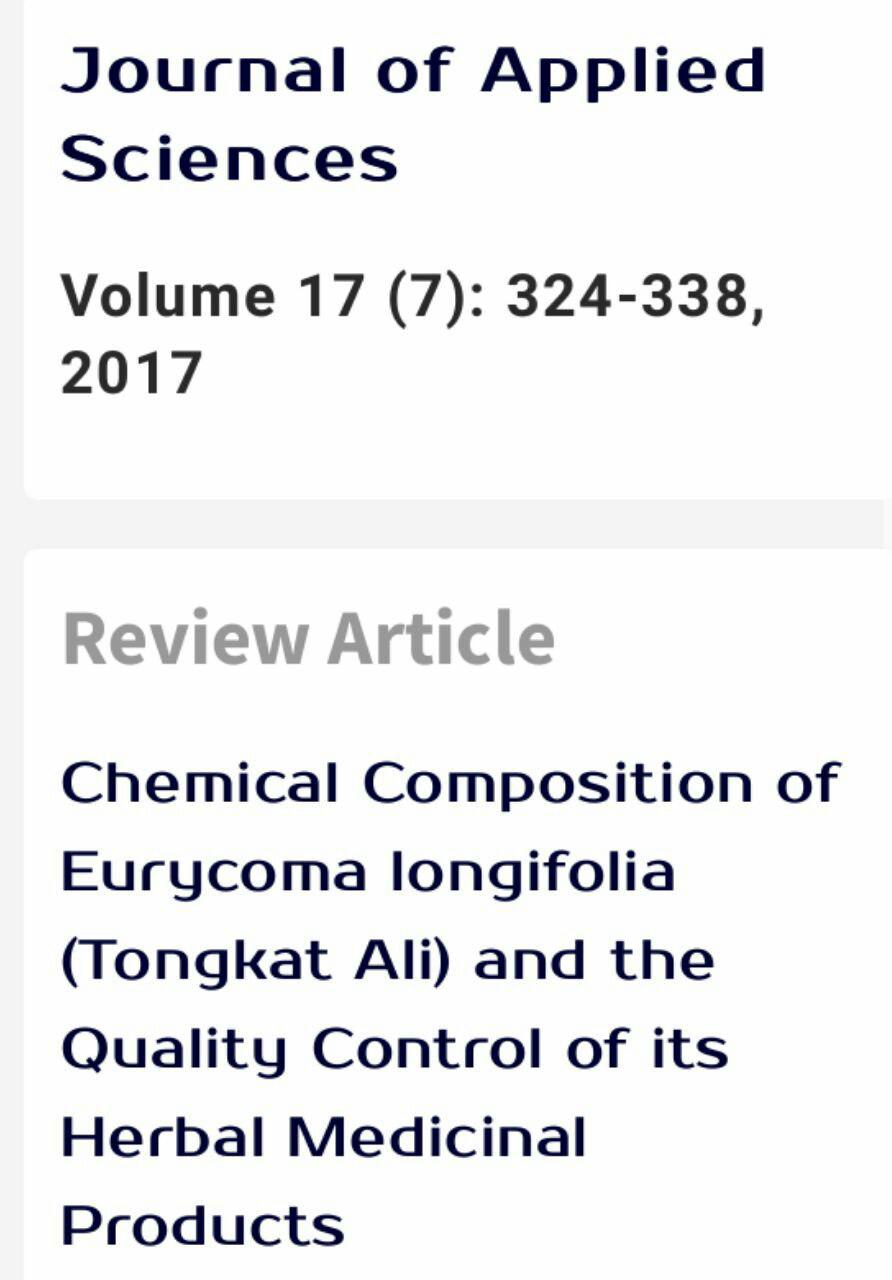

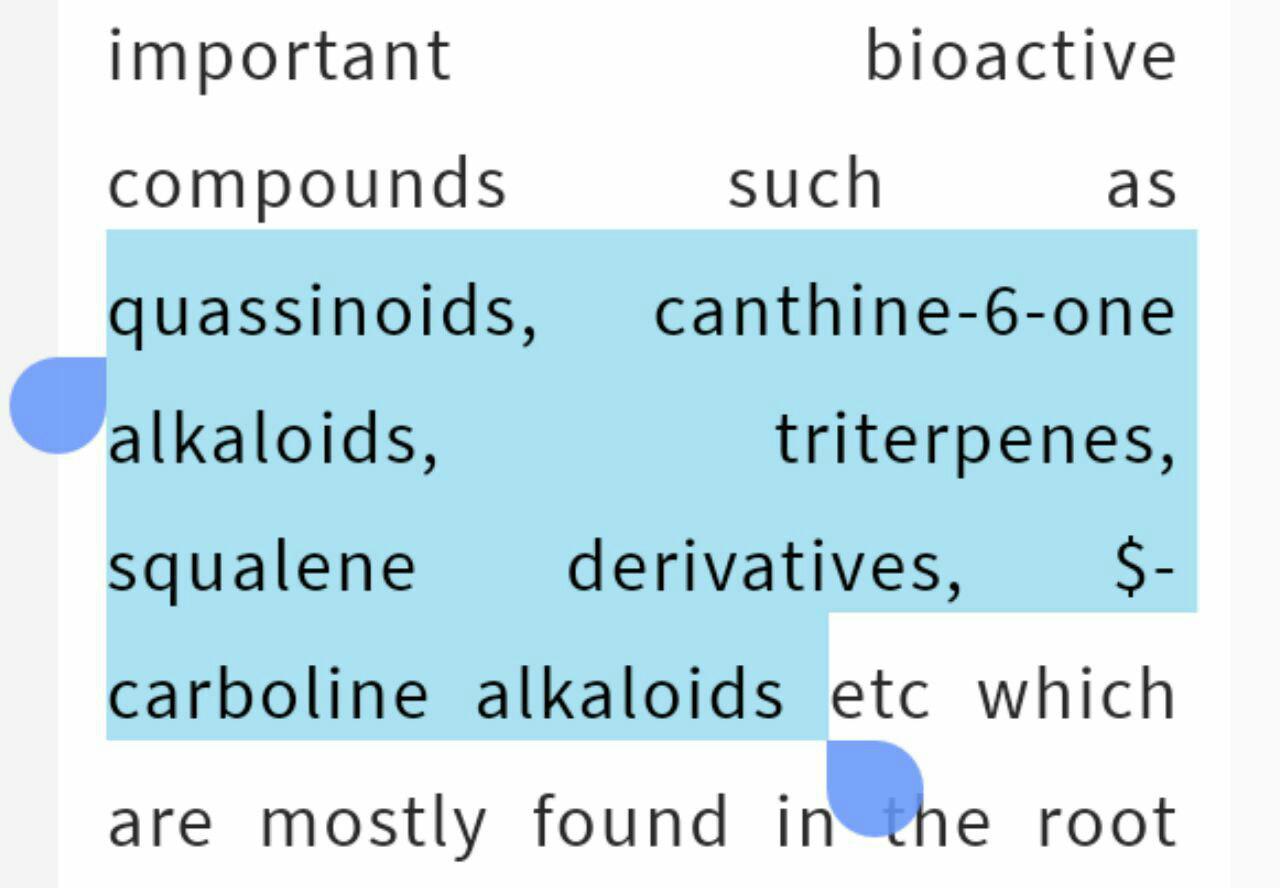
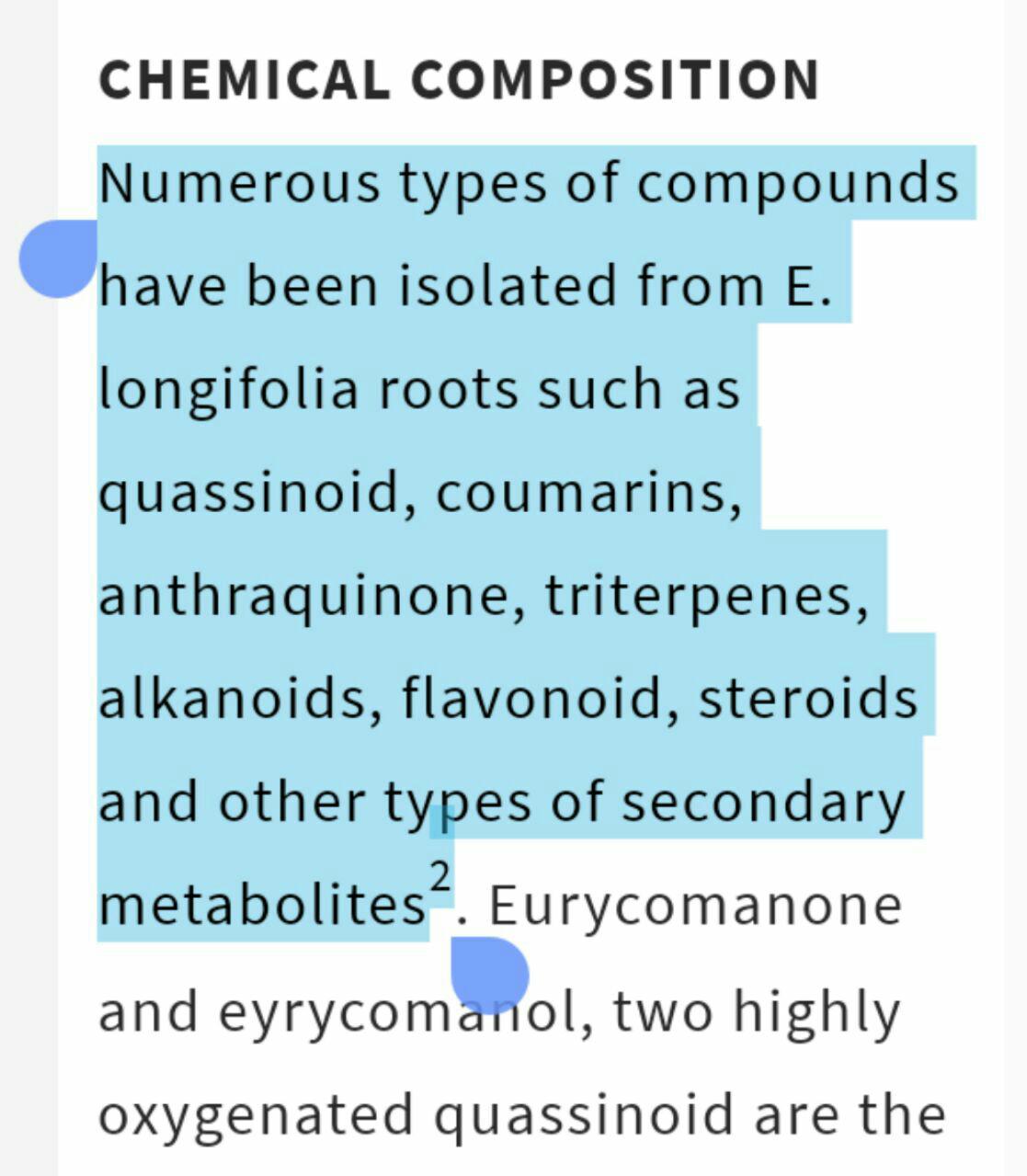
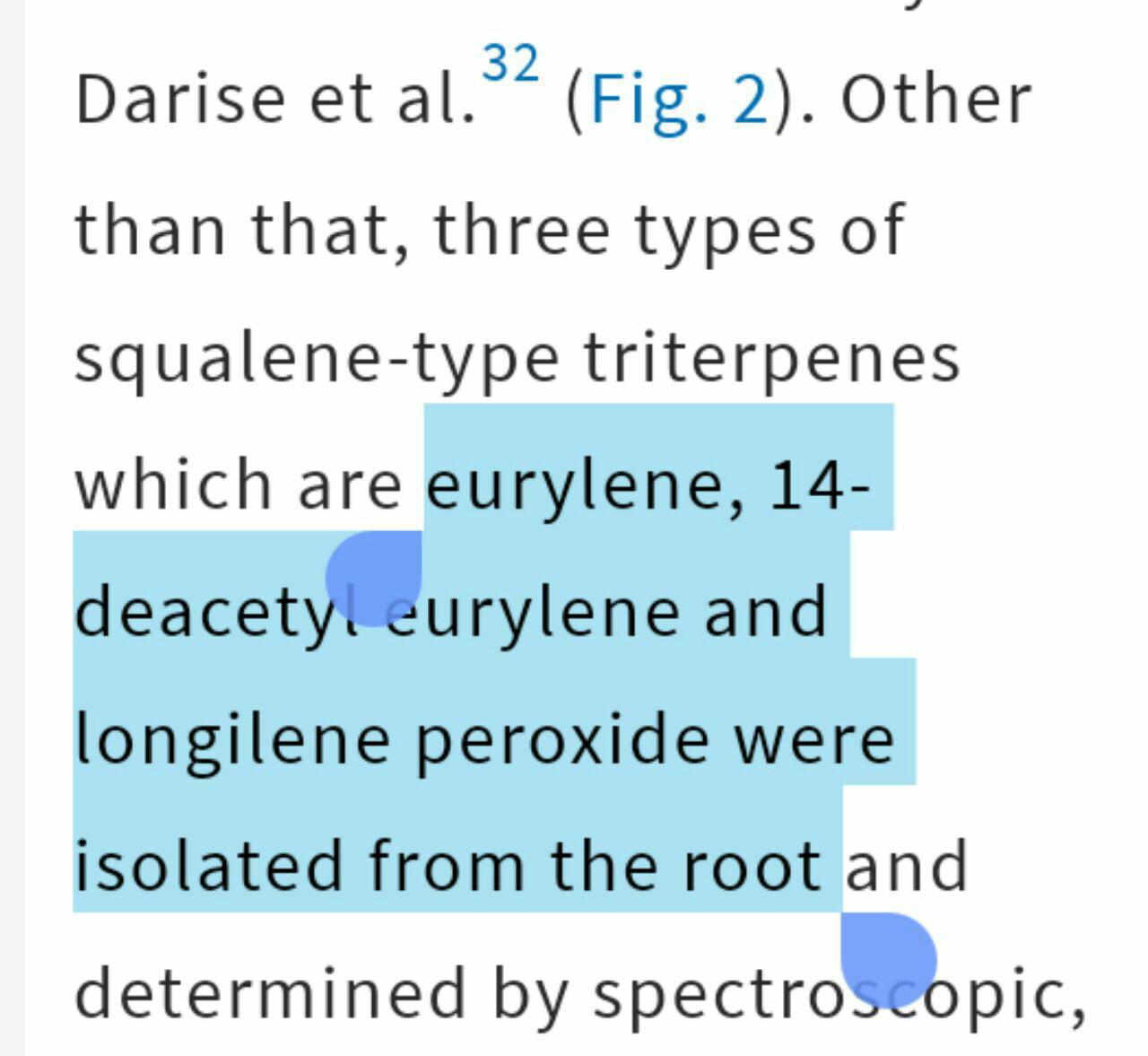
Eurycomanone is not linked to tongkat ali's testosterone and libido enhancement powers
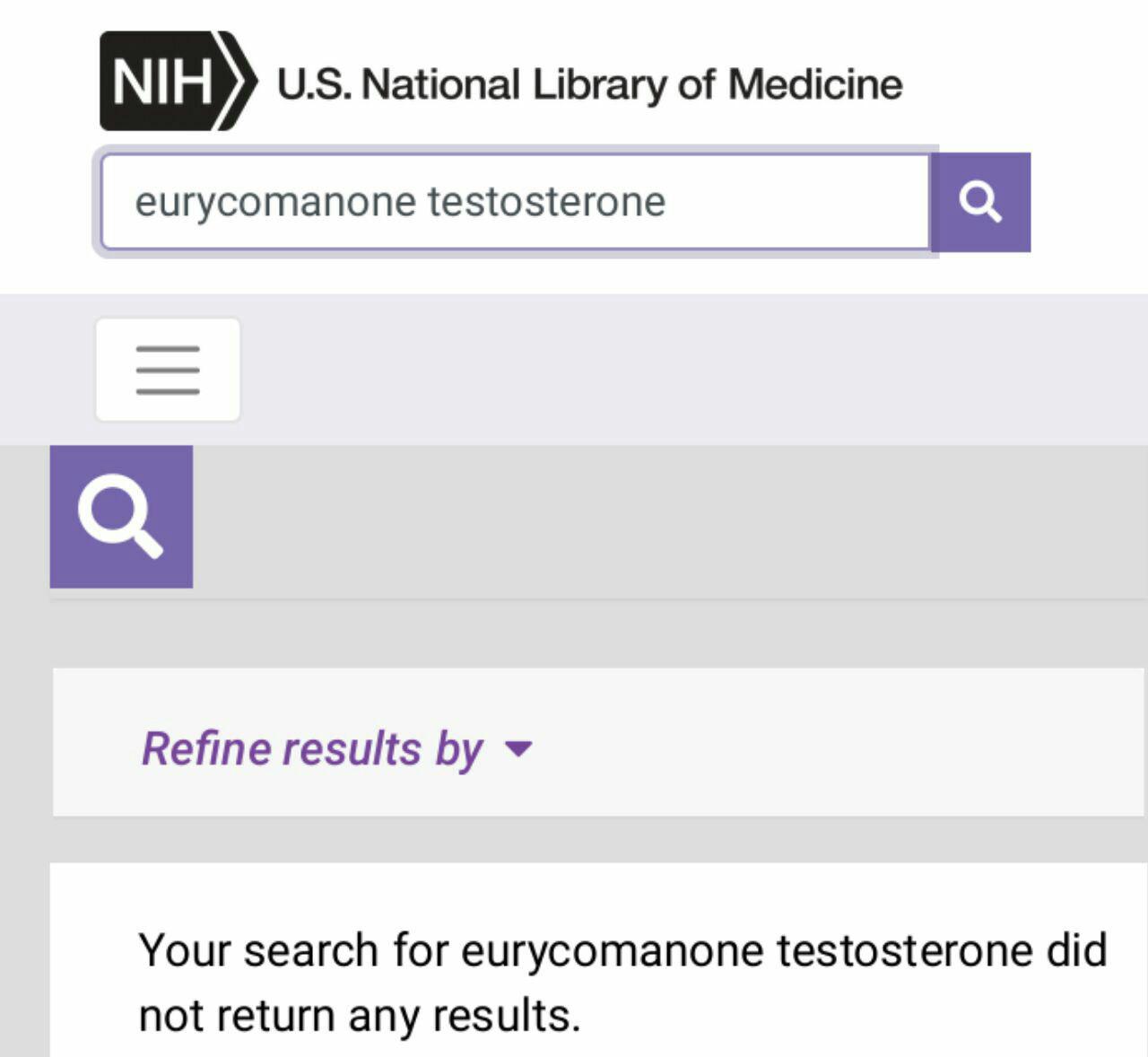
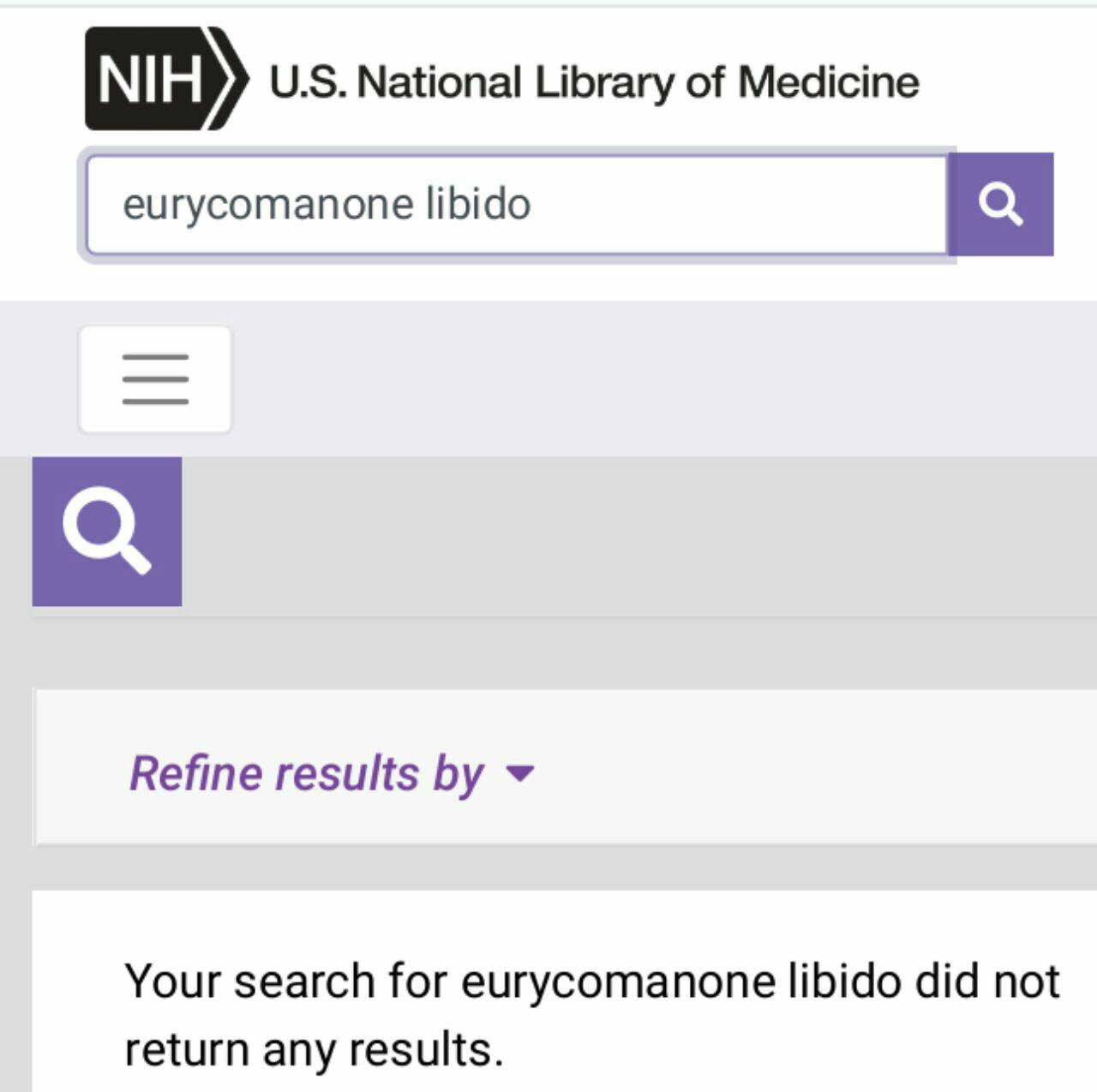
Article continues below printscreens
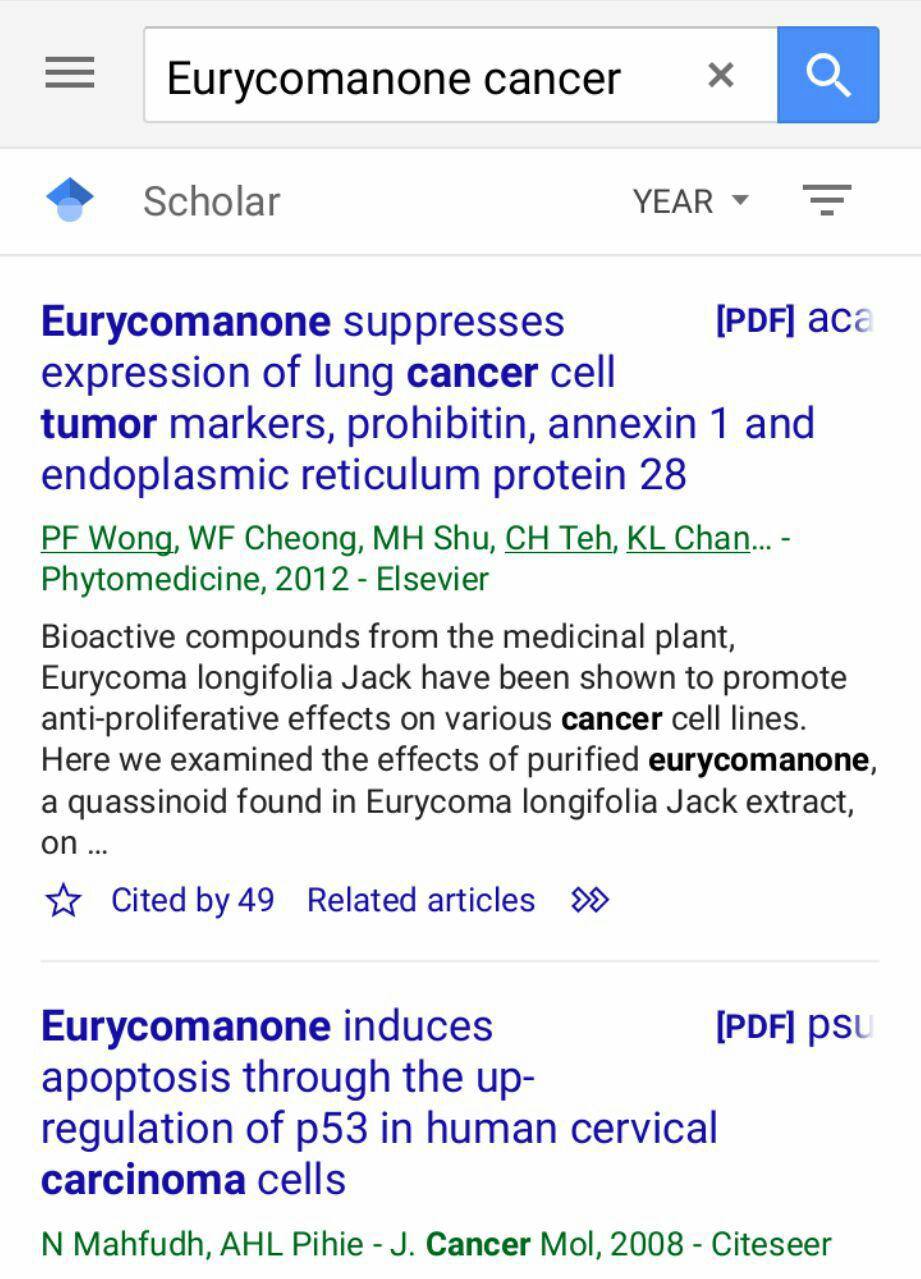
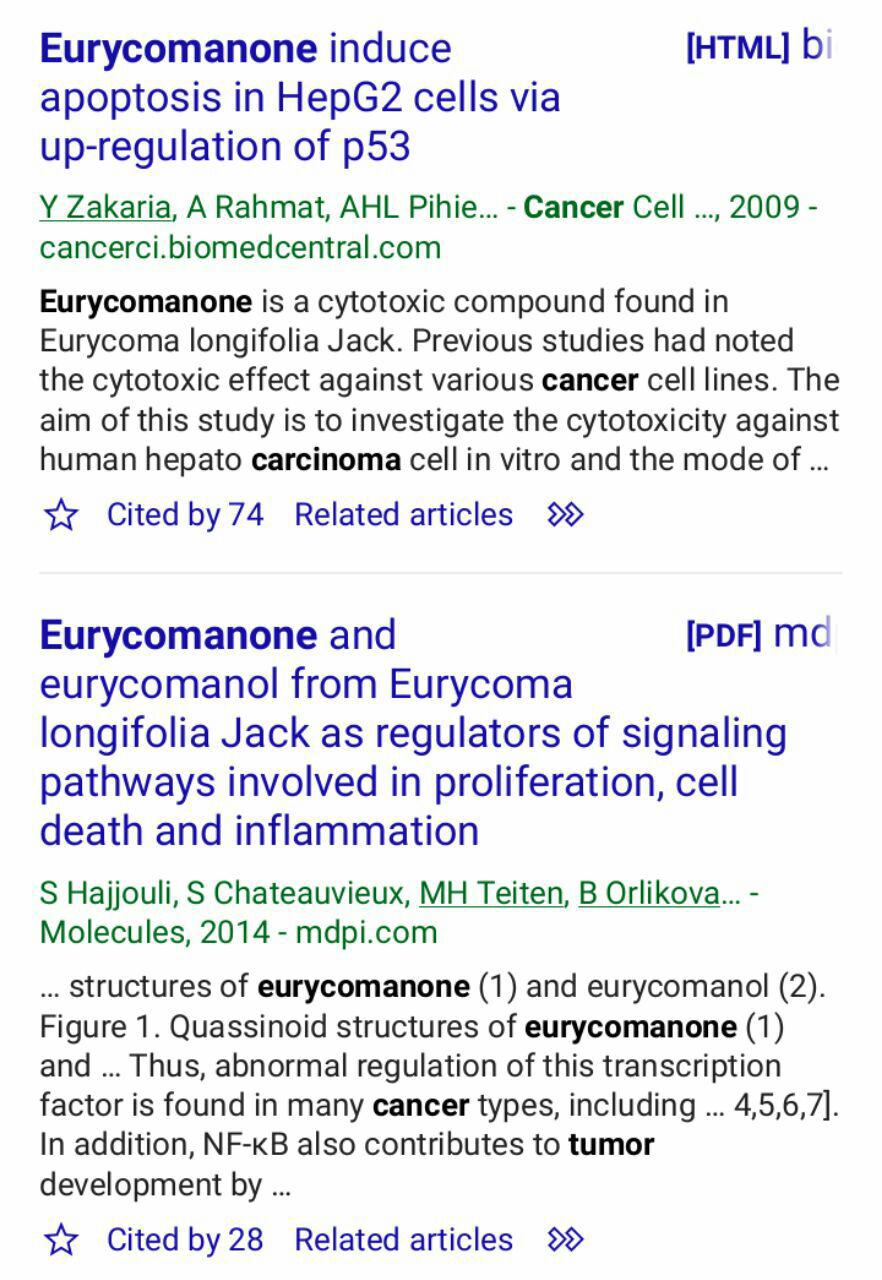
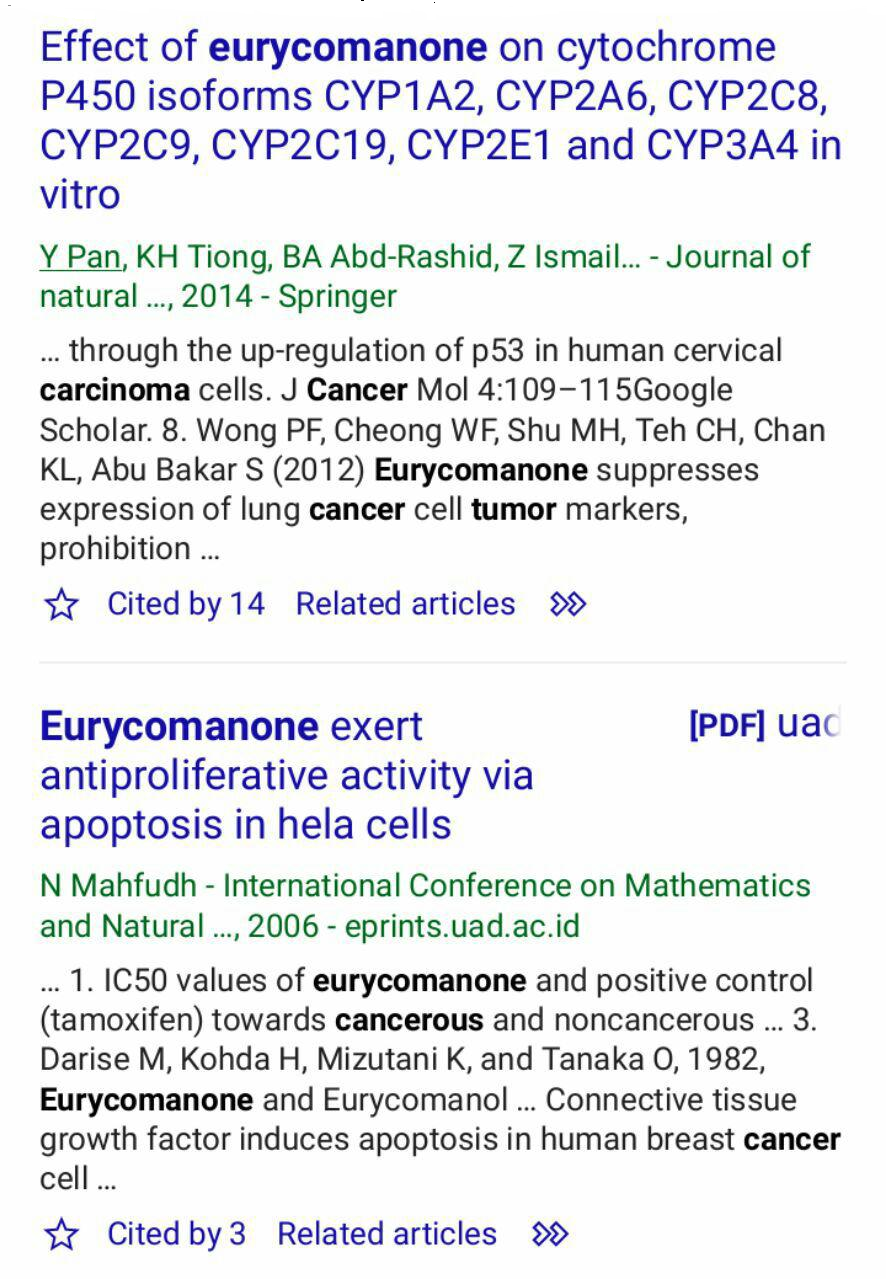
But as far as testosterone and libido goes, eurycomanone is the hype of Internet scammers who want to sell inferior or fake tongkat ali for a high profit. The same scammers also often claim GMP certification, or academic credentials from Swedish universities, with both untrue.
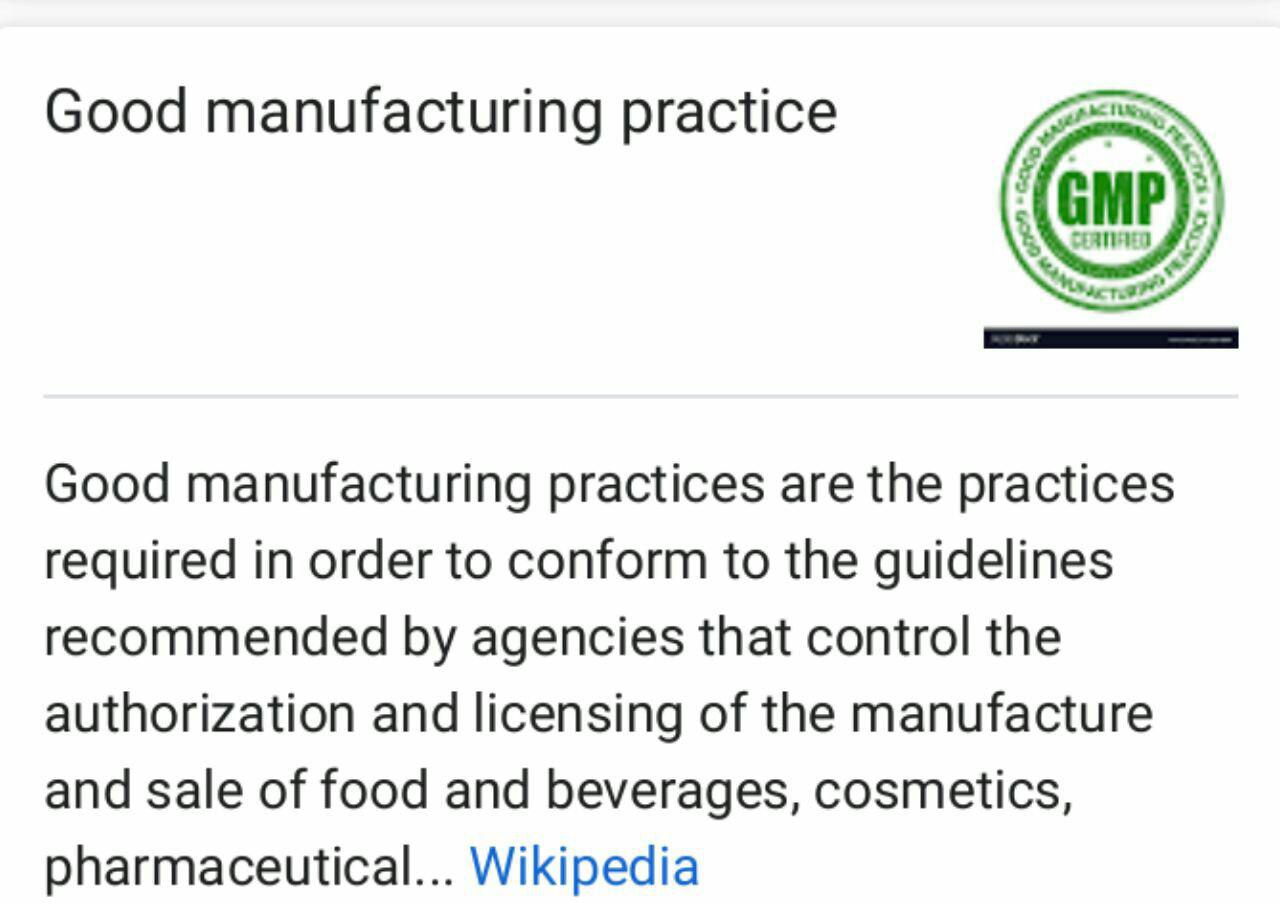
Tongkat ali is traditionally boiled as tea
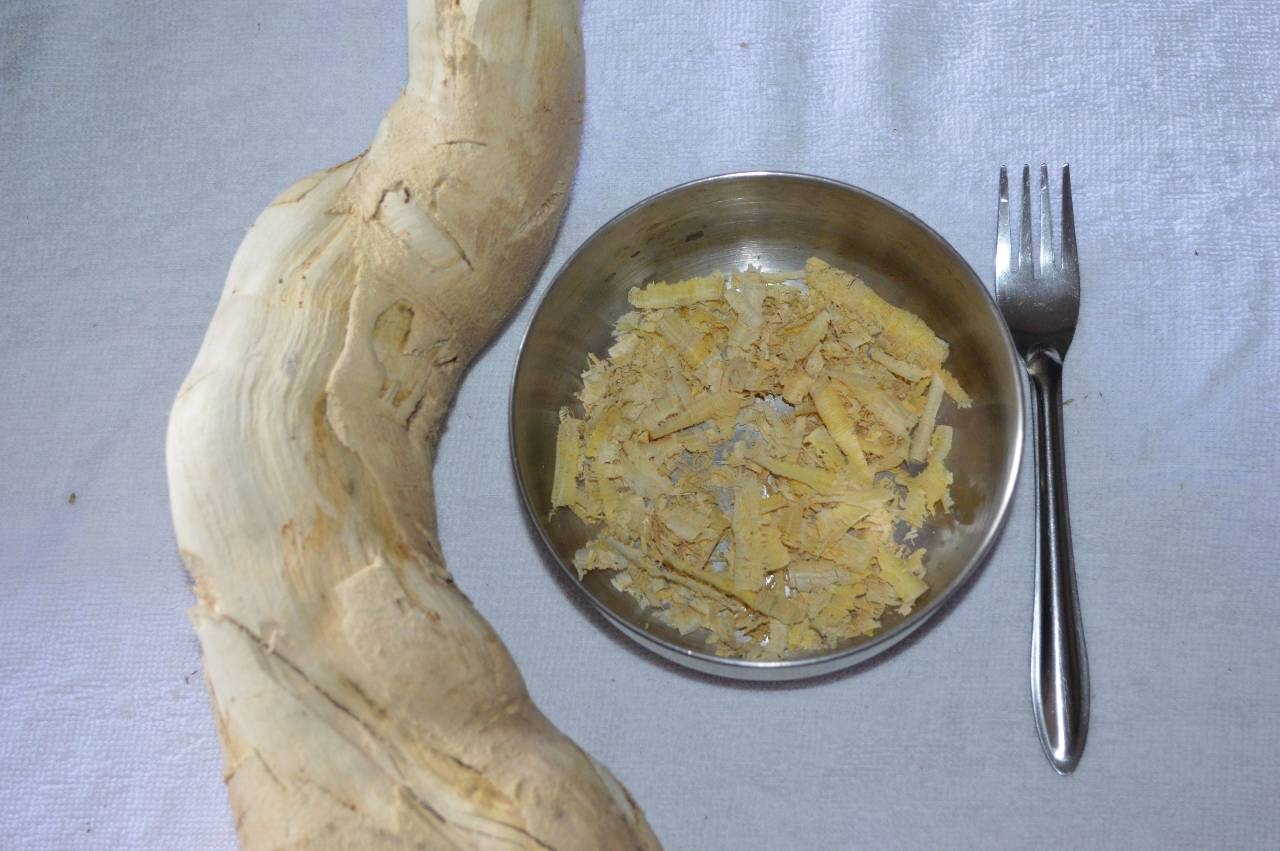
This liquid essentially is an extract, though one that is highly diluted because of a large quantity of water. The dilution as a tea doesn’t make the tongkat ali less effective, it is just dissolved or suspended in more water.
Article continues below printscreens


Article continues below printscreens
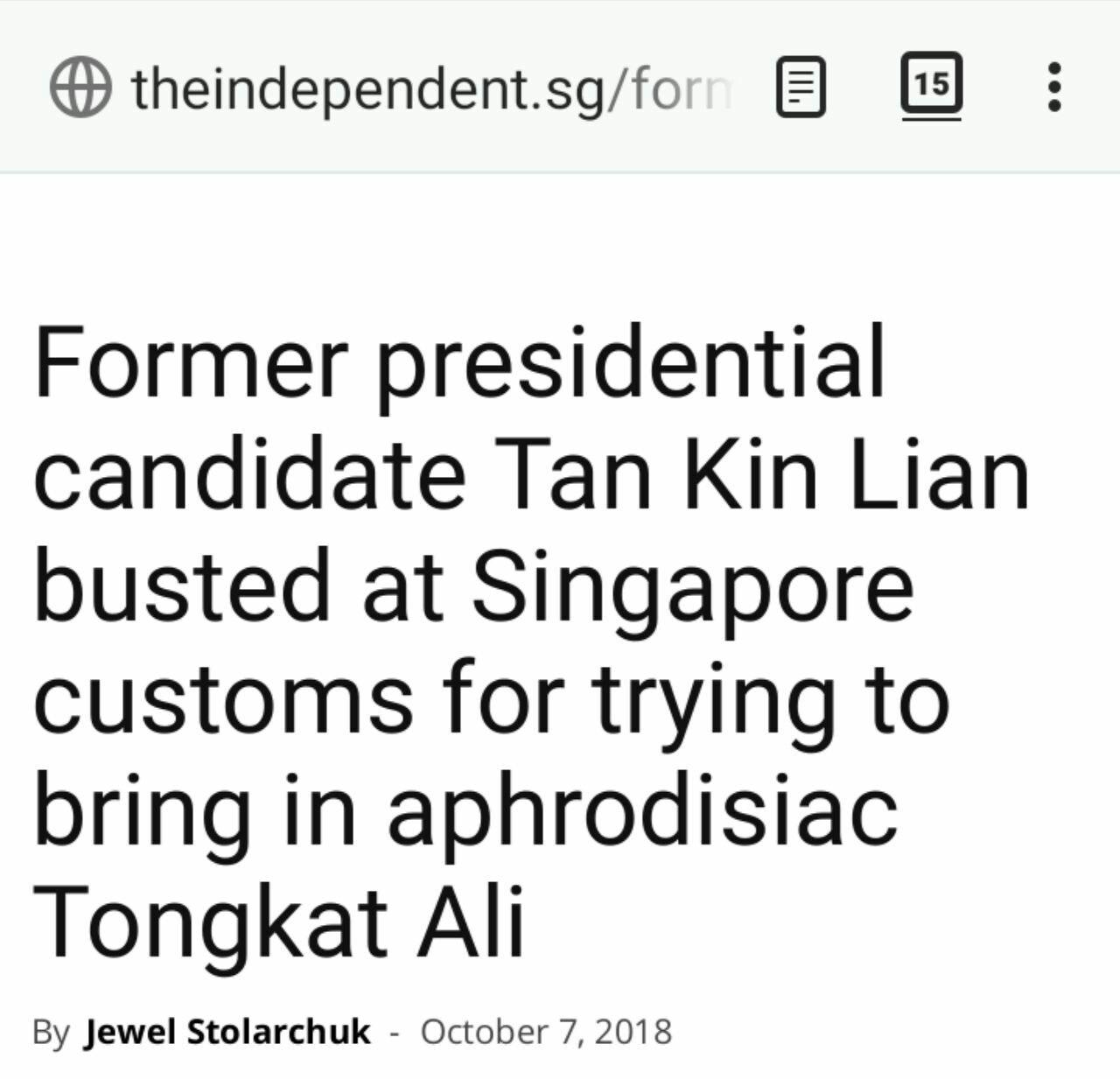
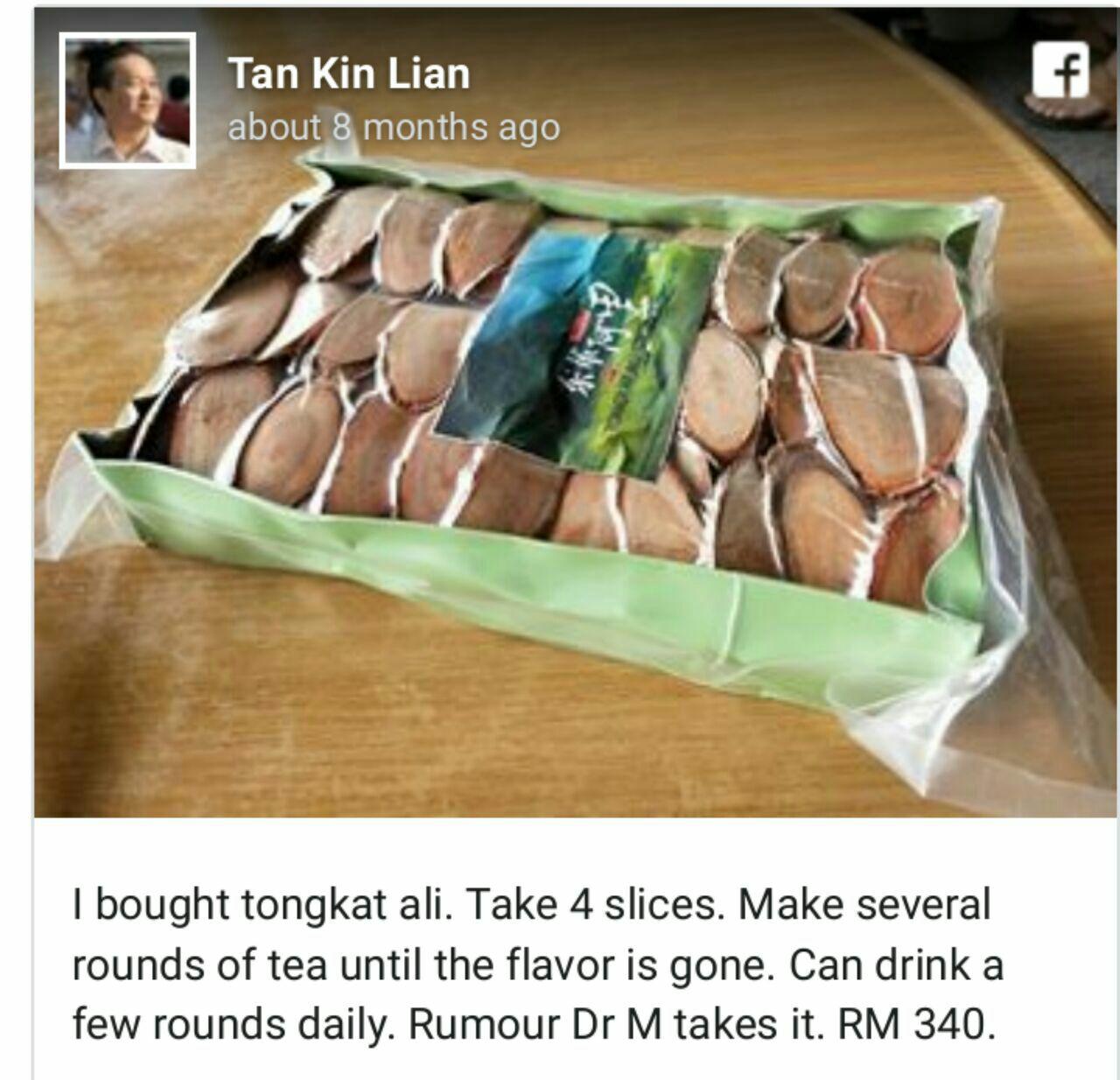
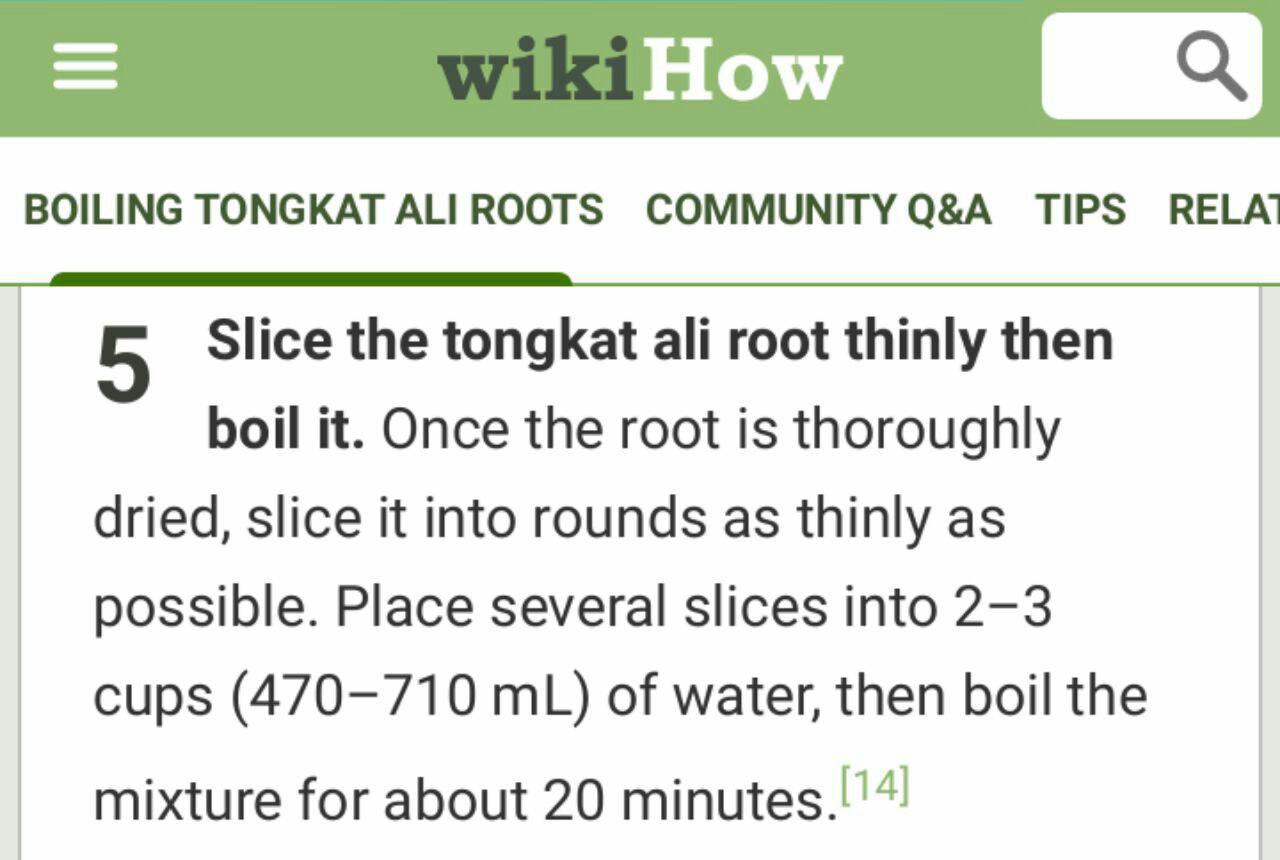
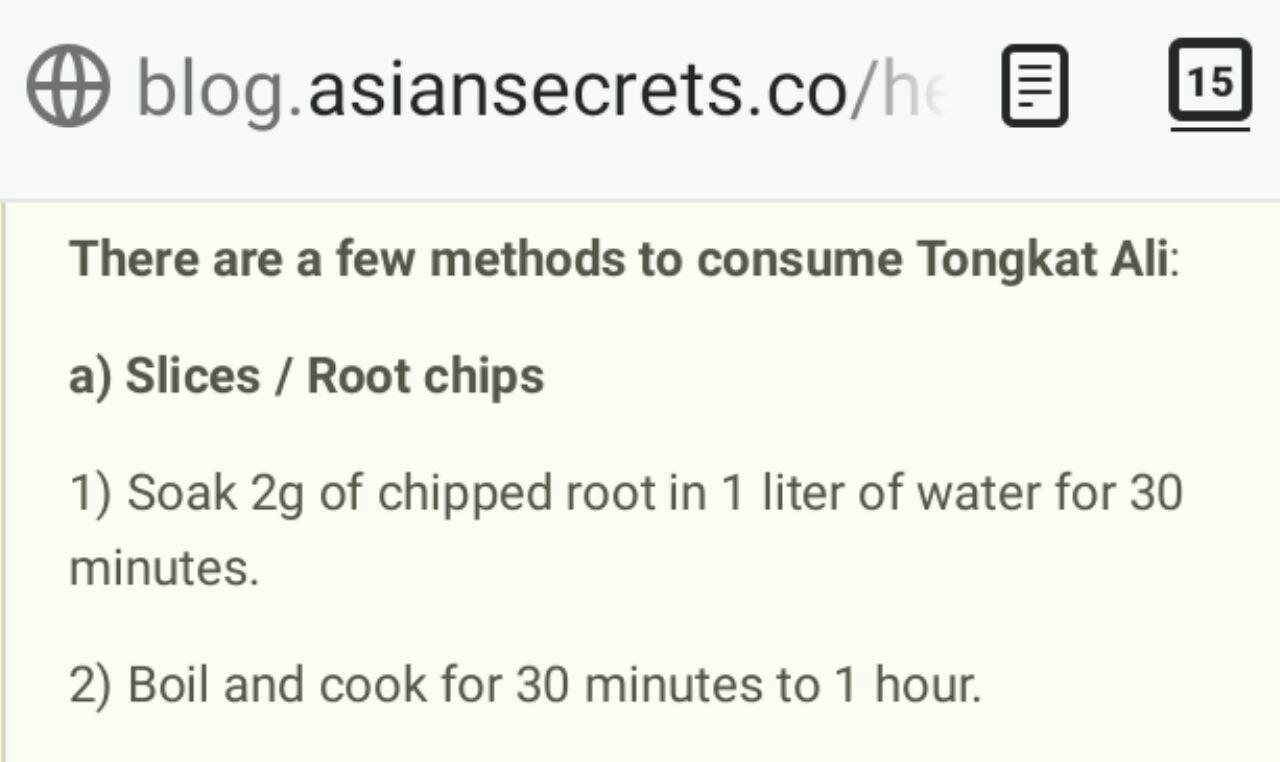
How much eurycomanone is in tongkat ali tea or aqueous tongkat ali extract
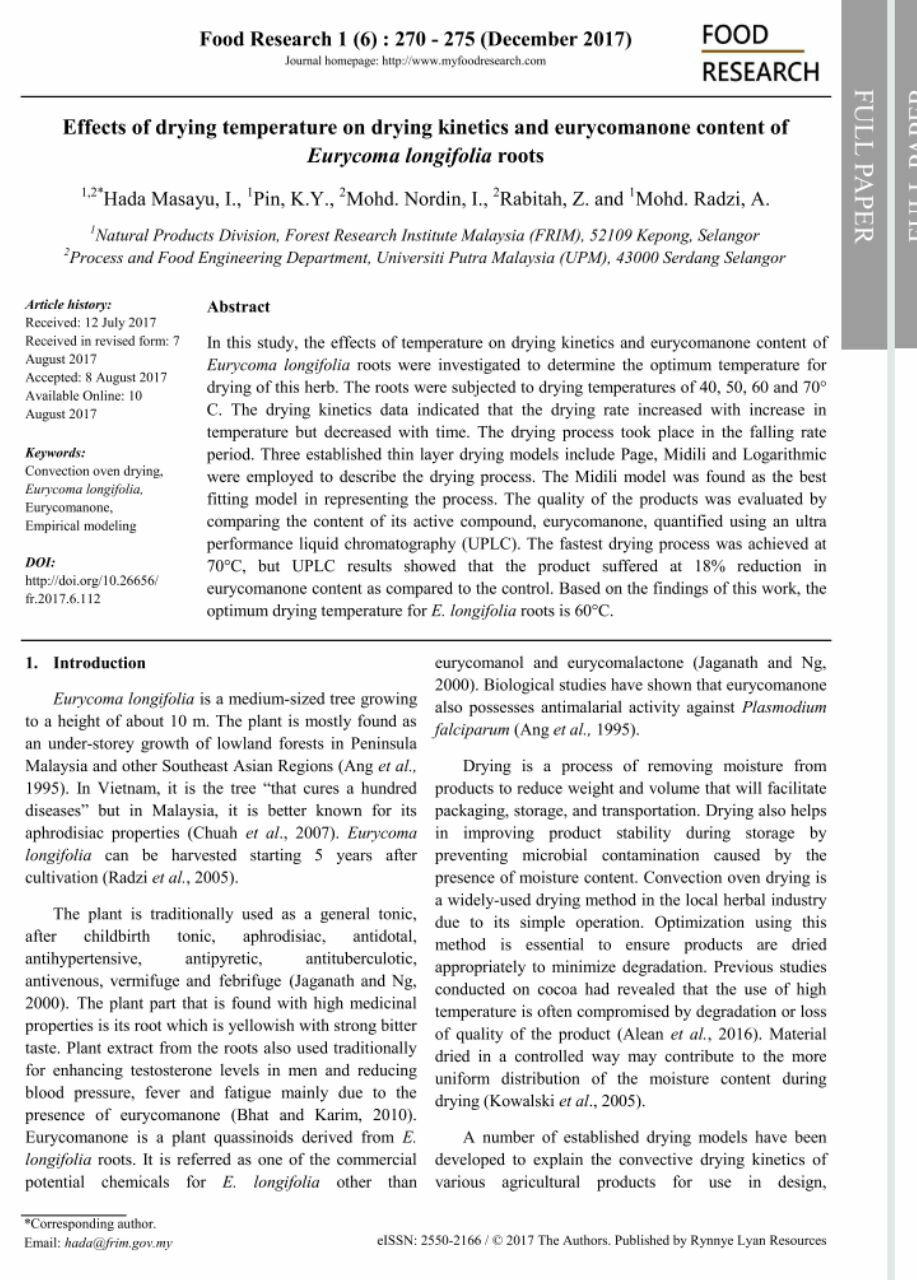
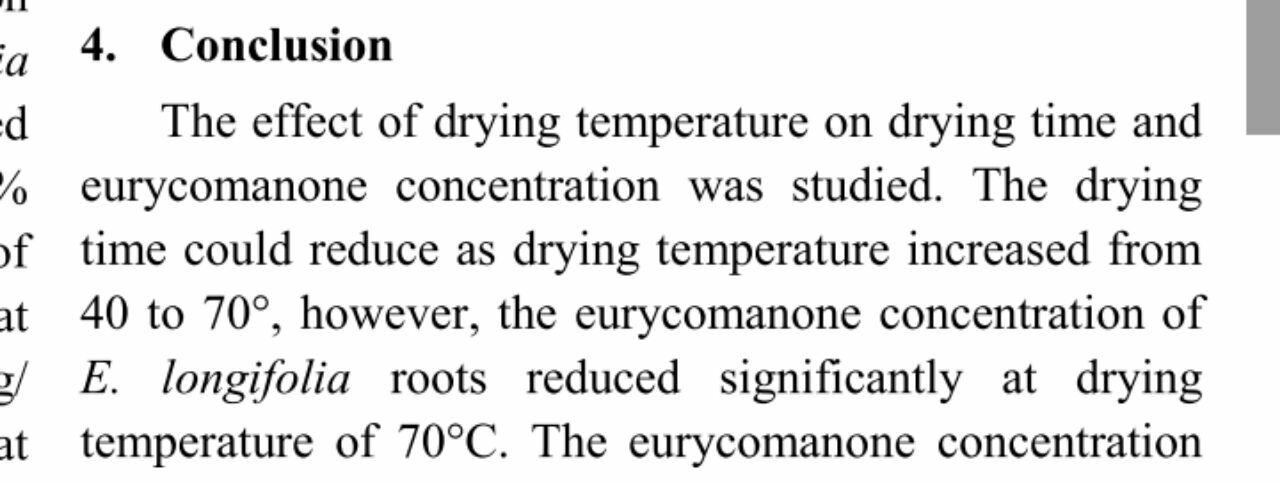
This, again, indicates that the multiple positive effects of tongkat ali, observed in traditional use and scientific studies with aqueous tongkat ali extract, are NOT due to eurycomanone. The eurycomanone will have been degraded in the preparation process.
Why all that focus on tongkat ali's eurycomanone in the first place
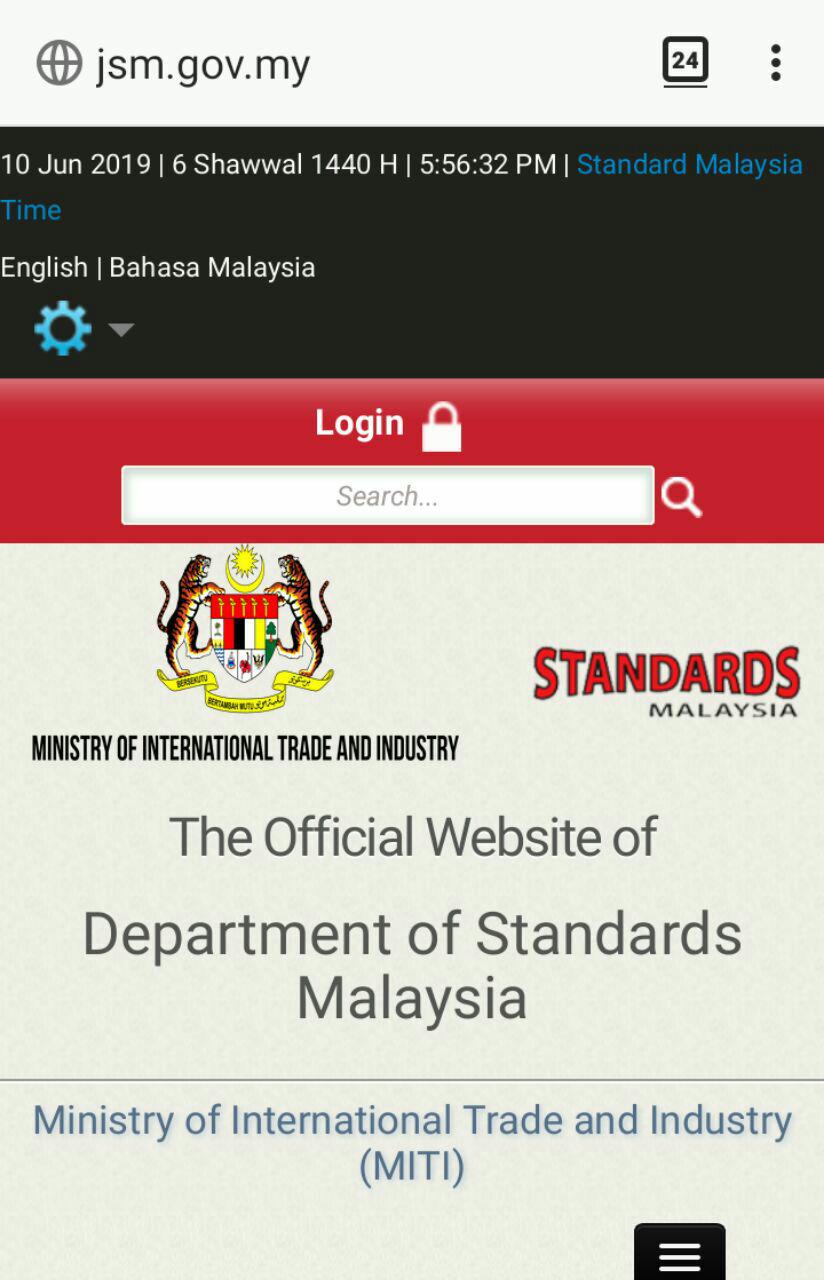
They have a search function on the home page. I thought it may be interesting to have a look at this standards guideline.
Article continues below printscreens
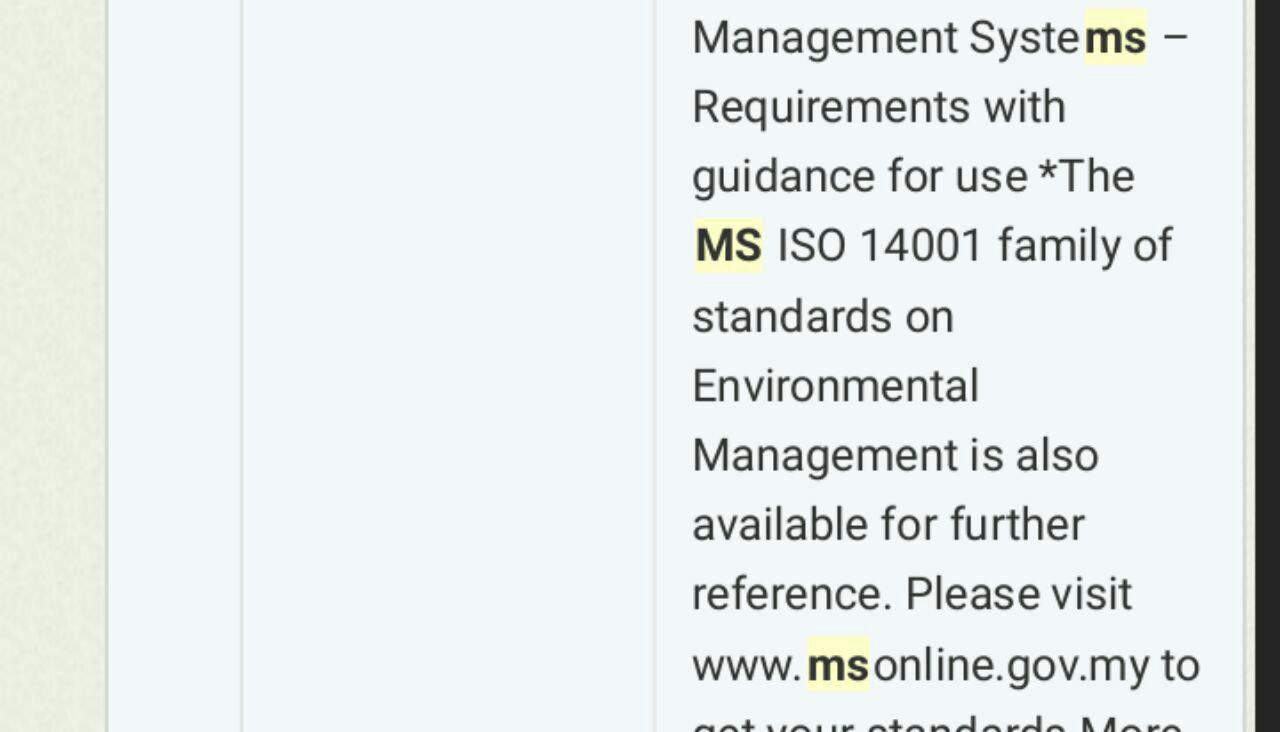
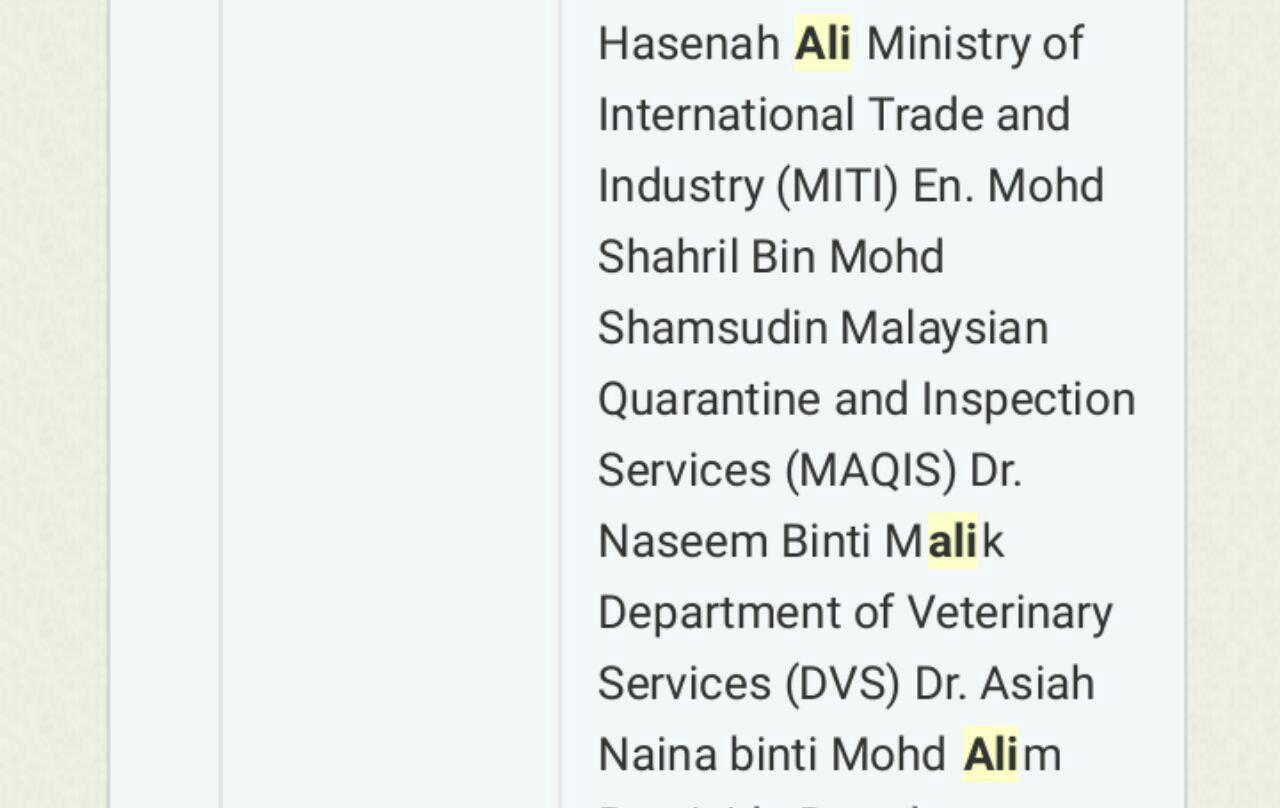
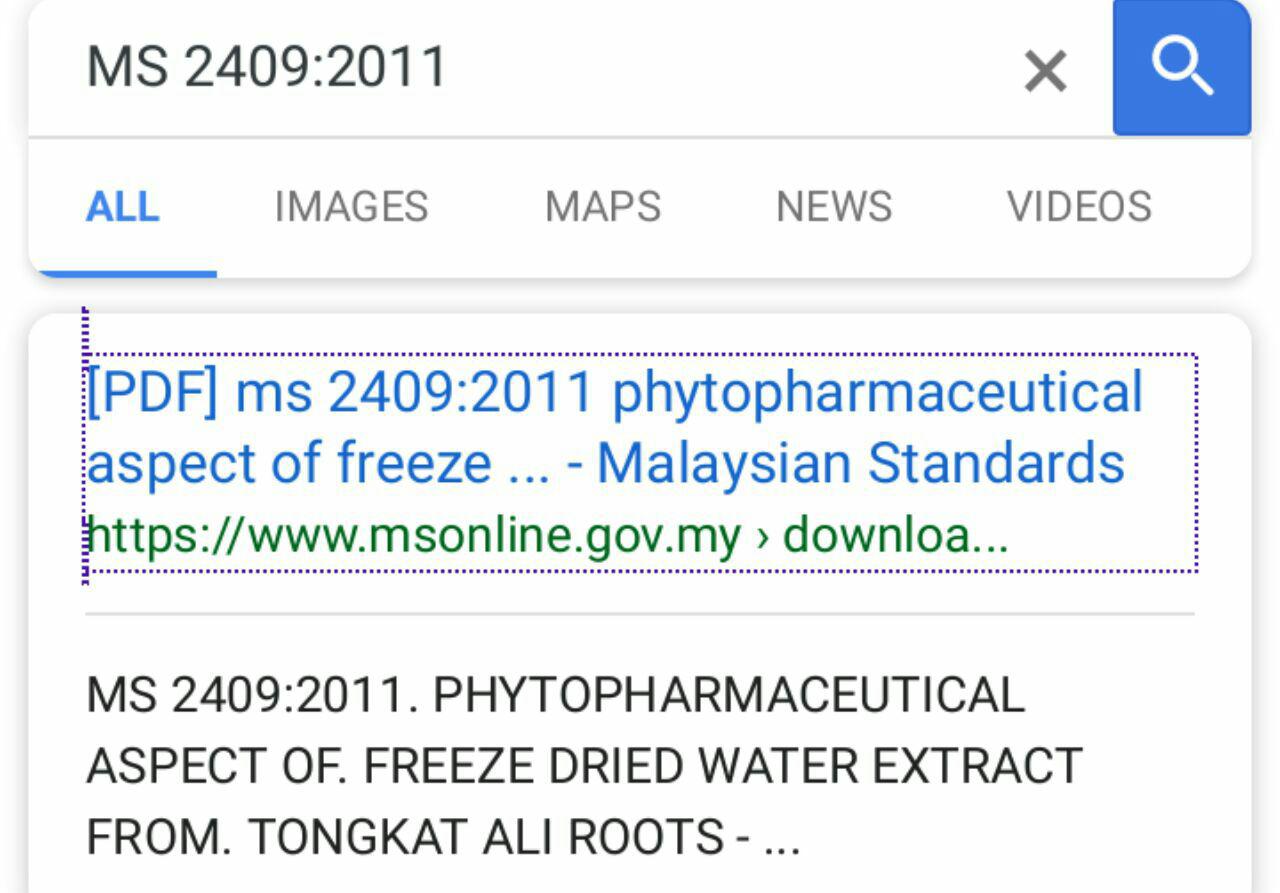
The page from Standards Malaysia probably once existed, but it now doesn't load.
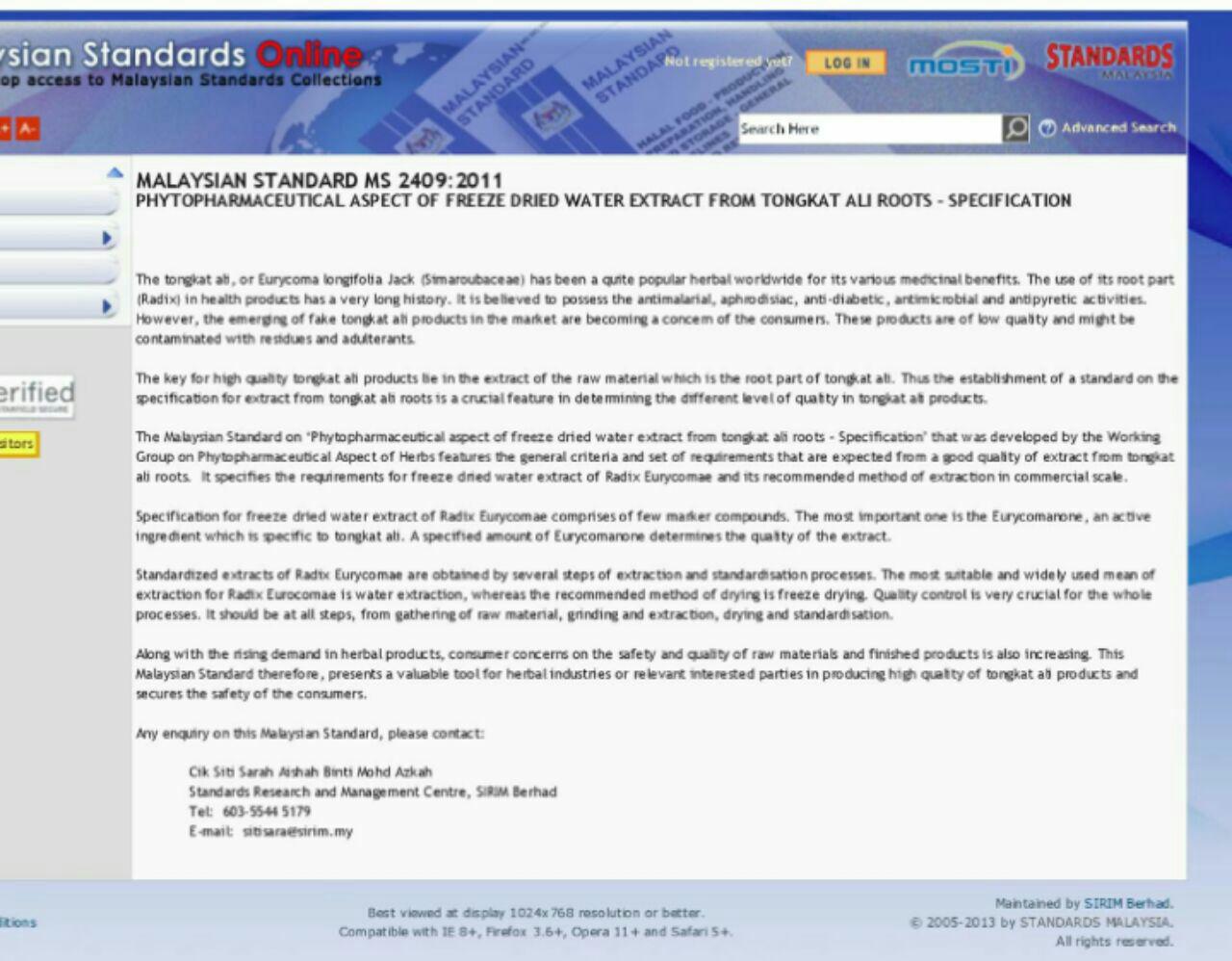
This document from SIRIM, adopted by Standards Malaysia, is full of grammatical, linguistic, and logical fallacies. I guess it is what you get when some office workers in government offices of Third World countries start playing scientist.
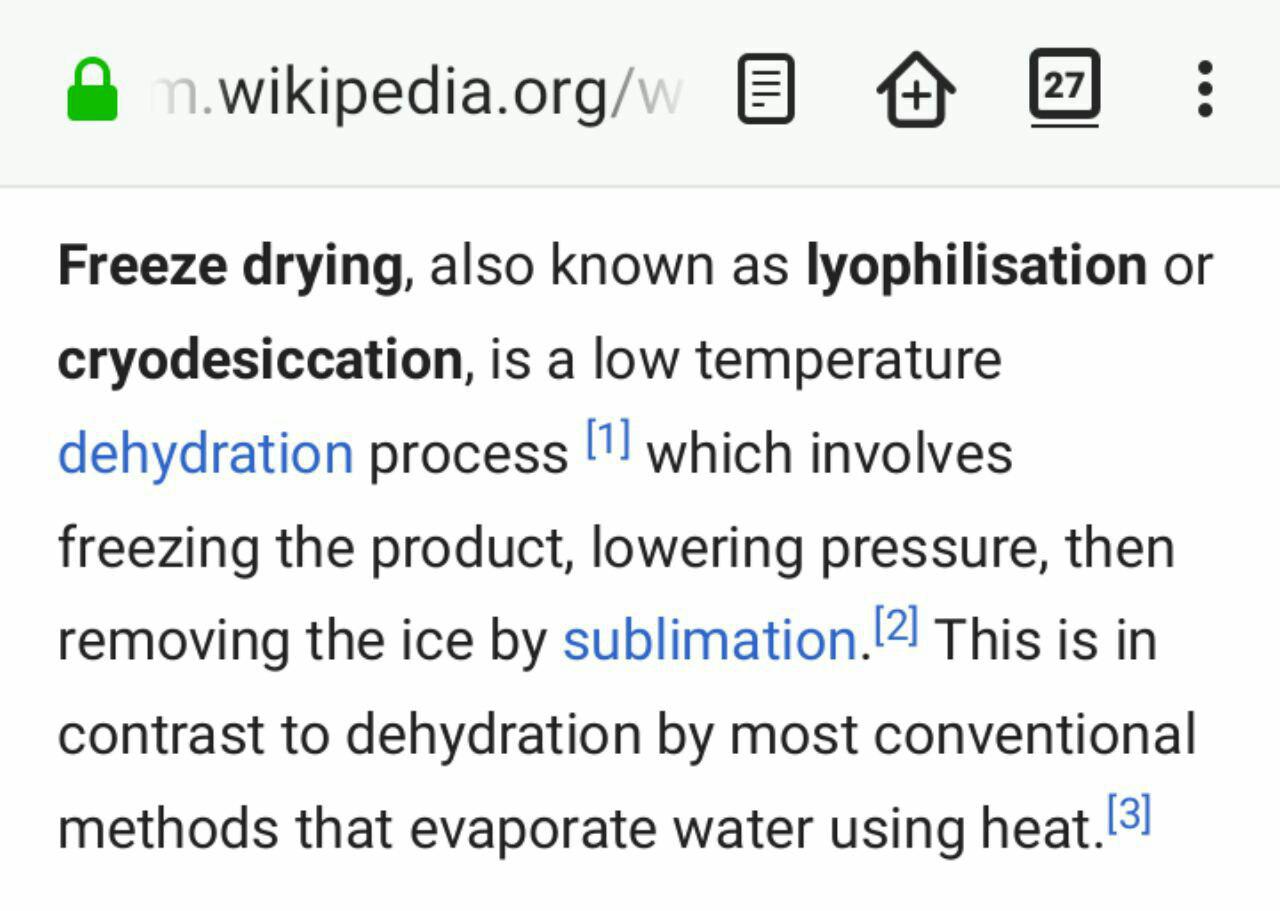
Why is the document from Standards Malaysia no longer online? Maybe someone higher up decided: we better follow Lincoln's advice and don't continue publish this on the net.

Even though there is no sound basis to standardize tongkat ali products for eurycomanone because eurycomanone is not heat-resistant, the idea of standadization went viral among Internet scammers because something can be written on labels (standardized for ... percent eurycomanone) which no consumer ever can check.
Article continues below printscreens
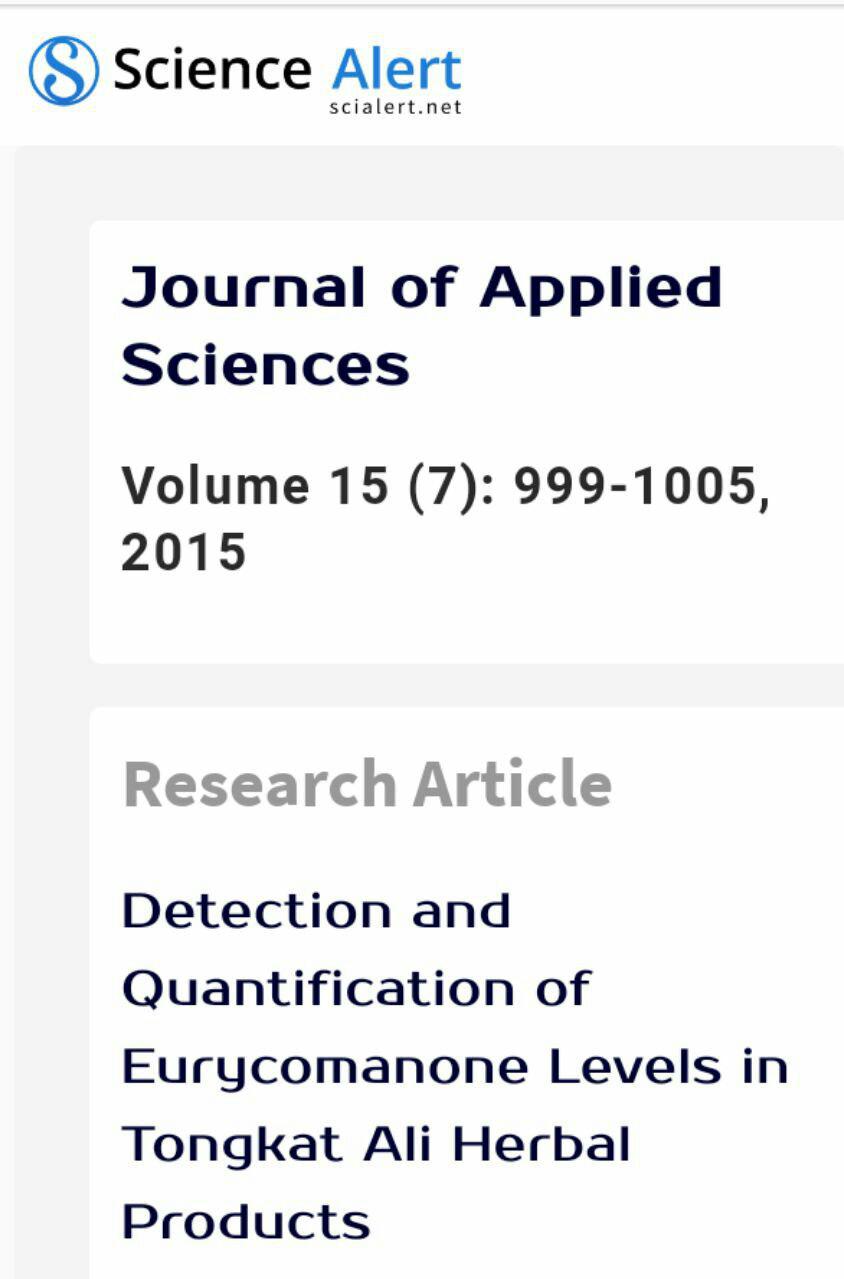
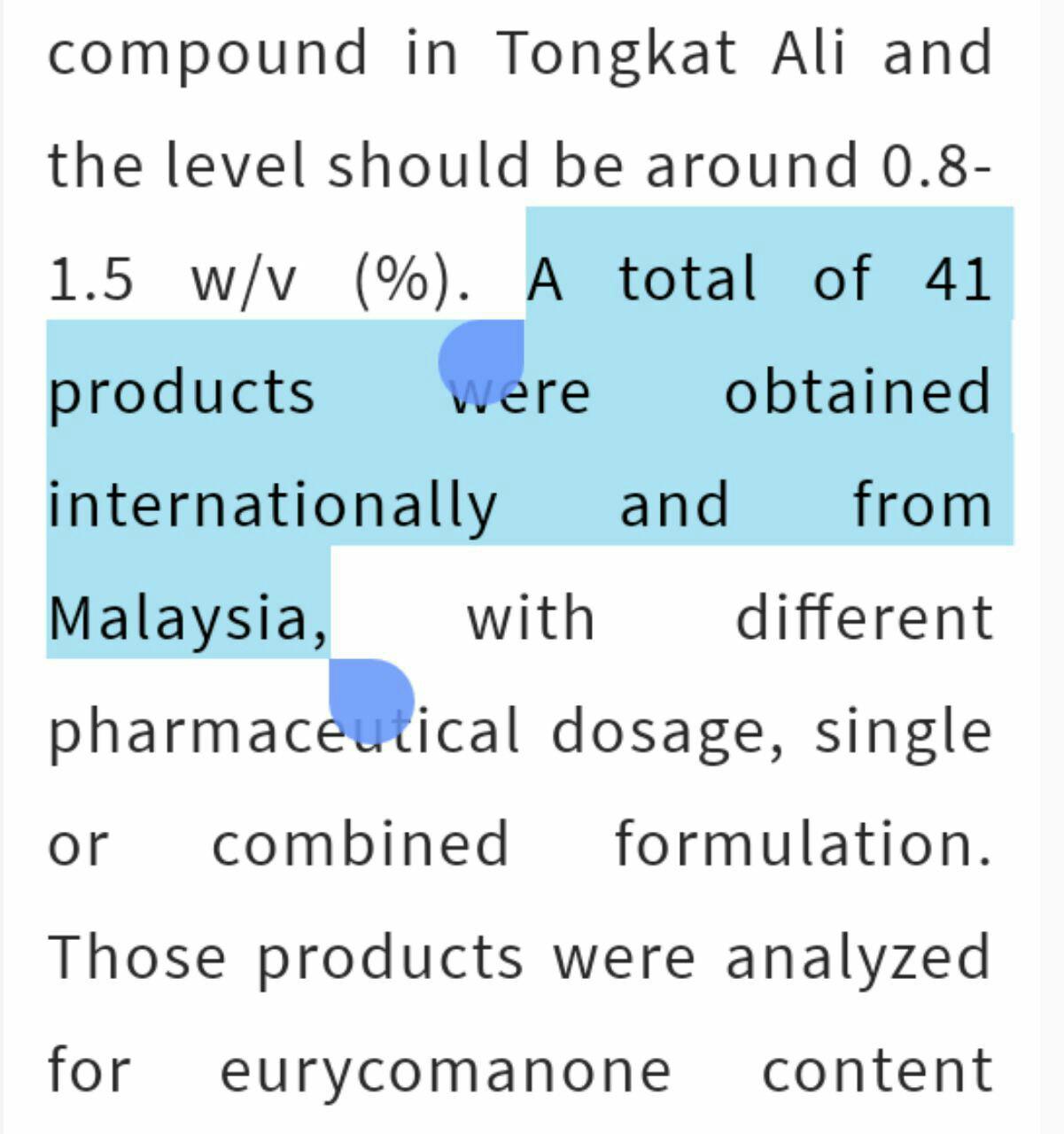
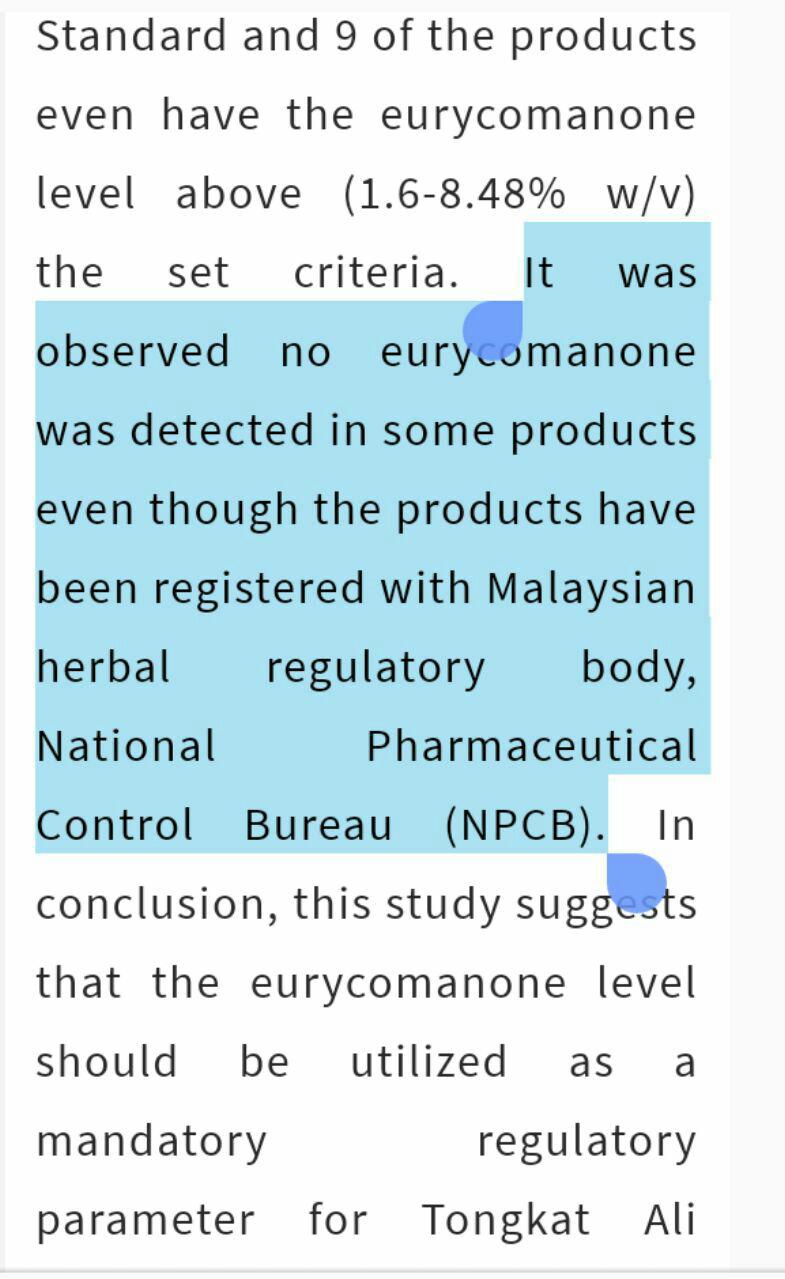
Are these products fraud?
Play it safe: trust traditional knowledge on tongkat ali
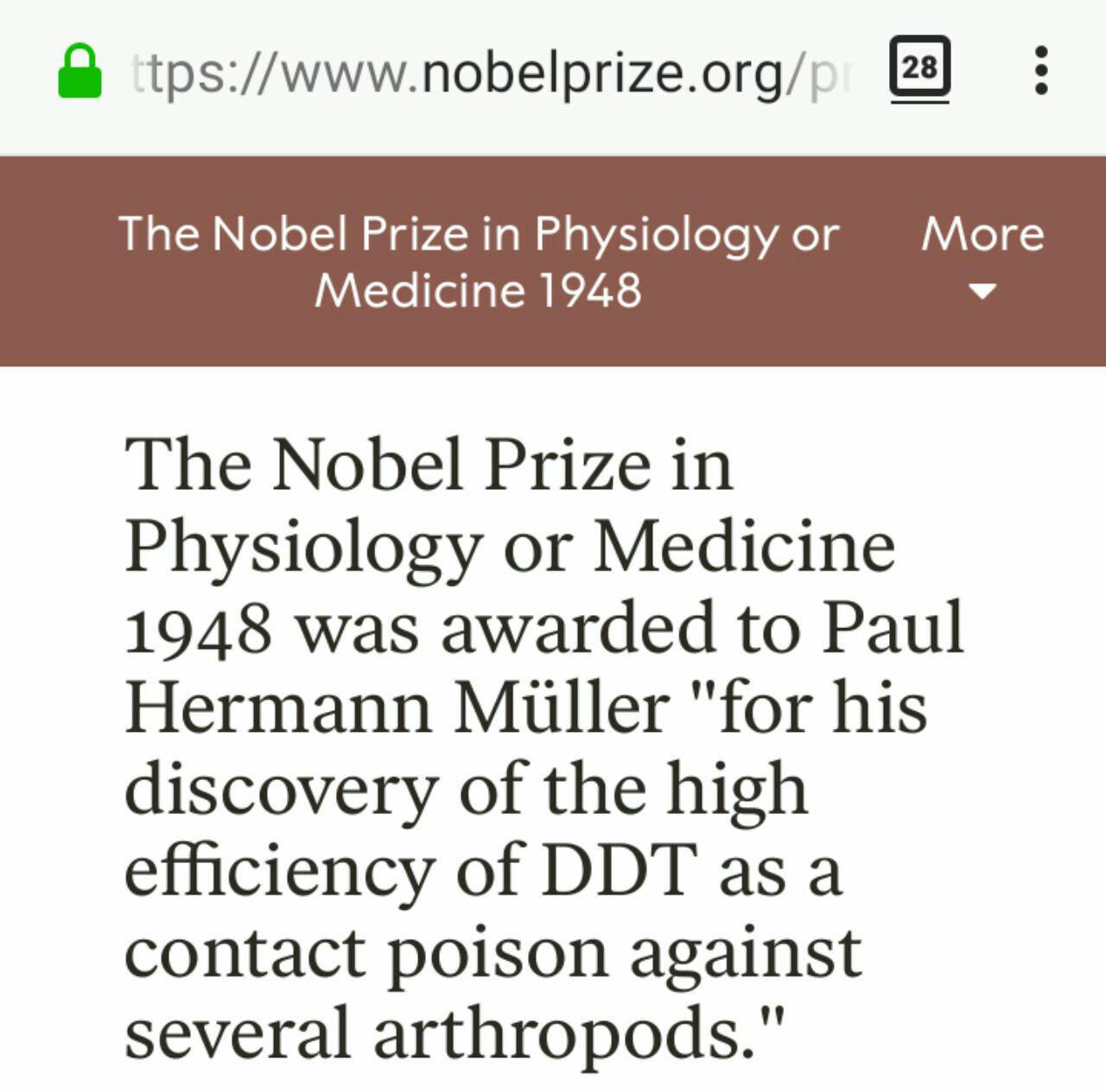
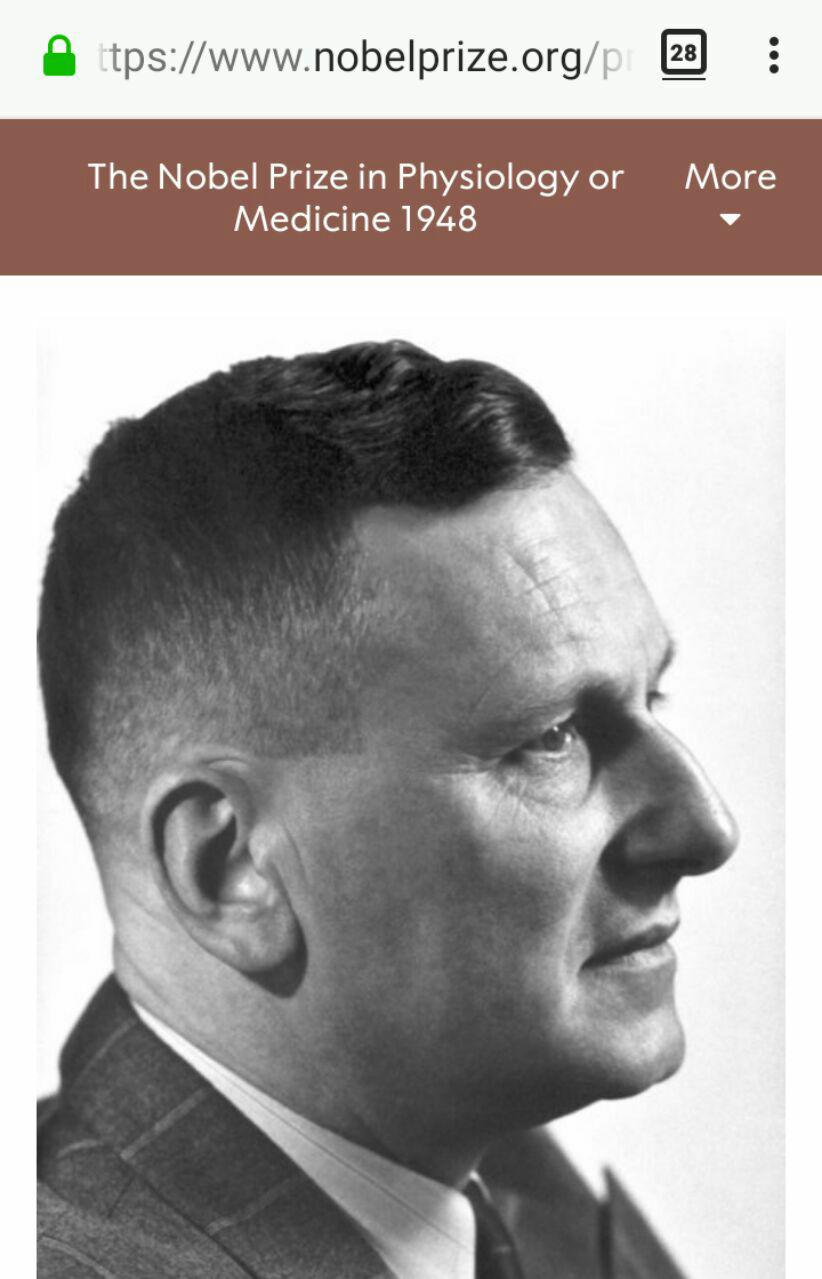
This is not the only obscurity of medical science, and also not the only obscurity in the history of Nobel Prices in Medicine.
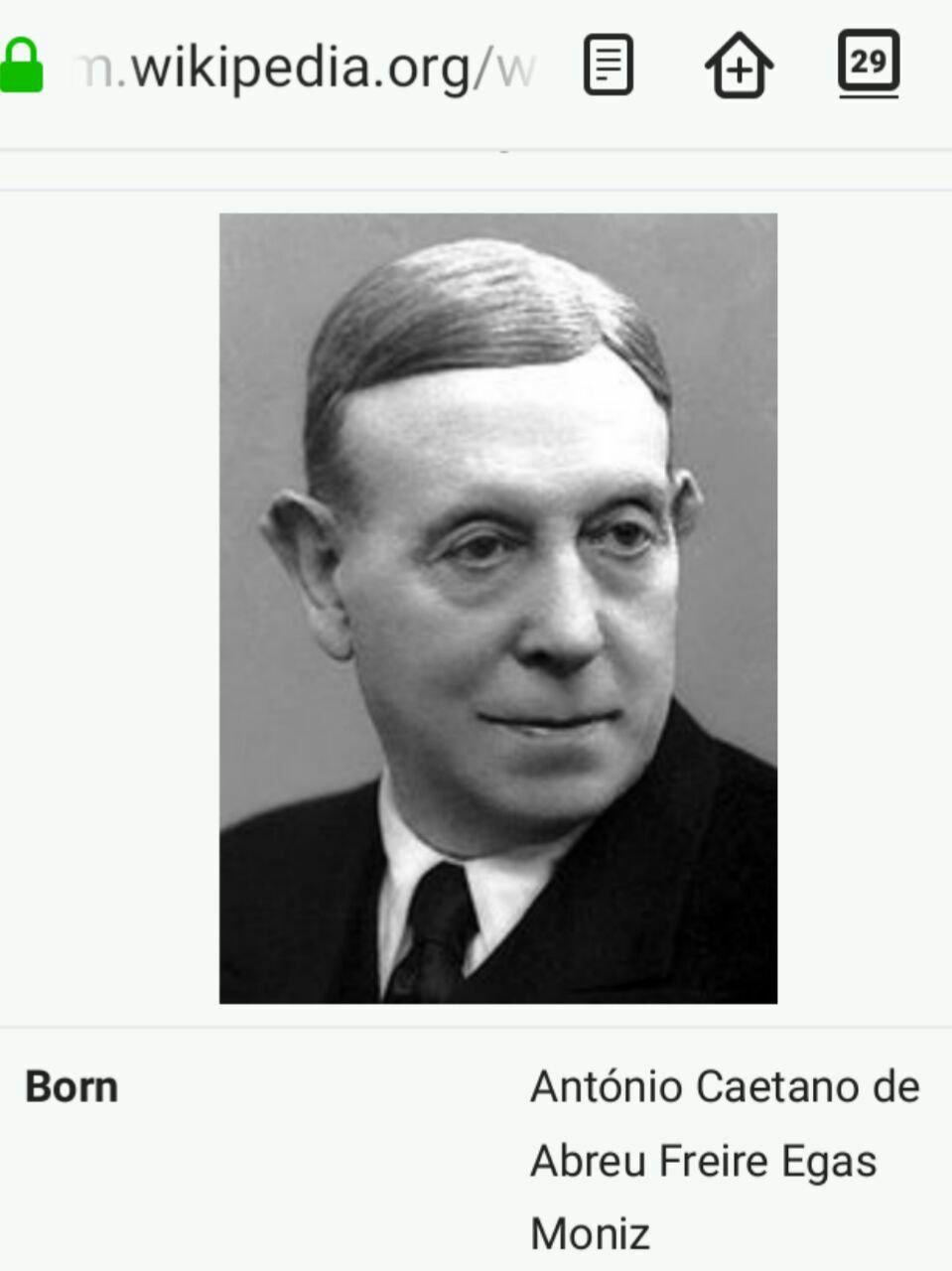
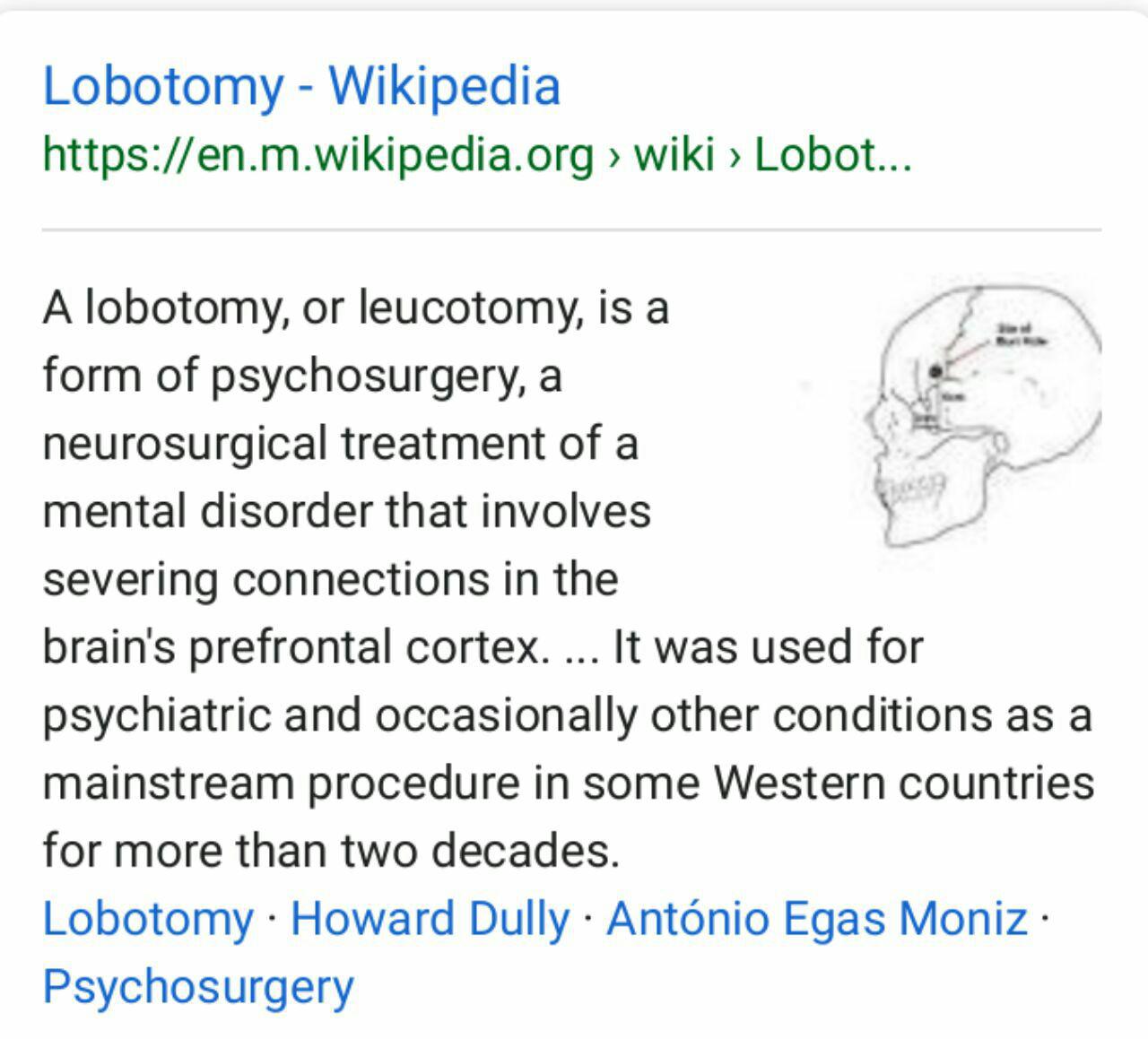
The surgeon most notorious for using lobotomy to engineer humans with reduced impulses and limited or no free will was ironically named Freeman, Walter Jackson Freeman II, to be exact.

Some of the famous victims of lobotomy were the sister of US president John F. Kennedy, and Evita Peron, the wife of Argentine president Juan Peron.
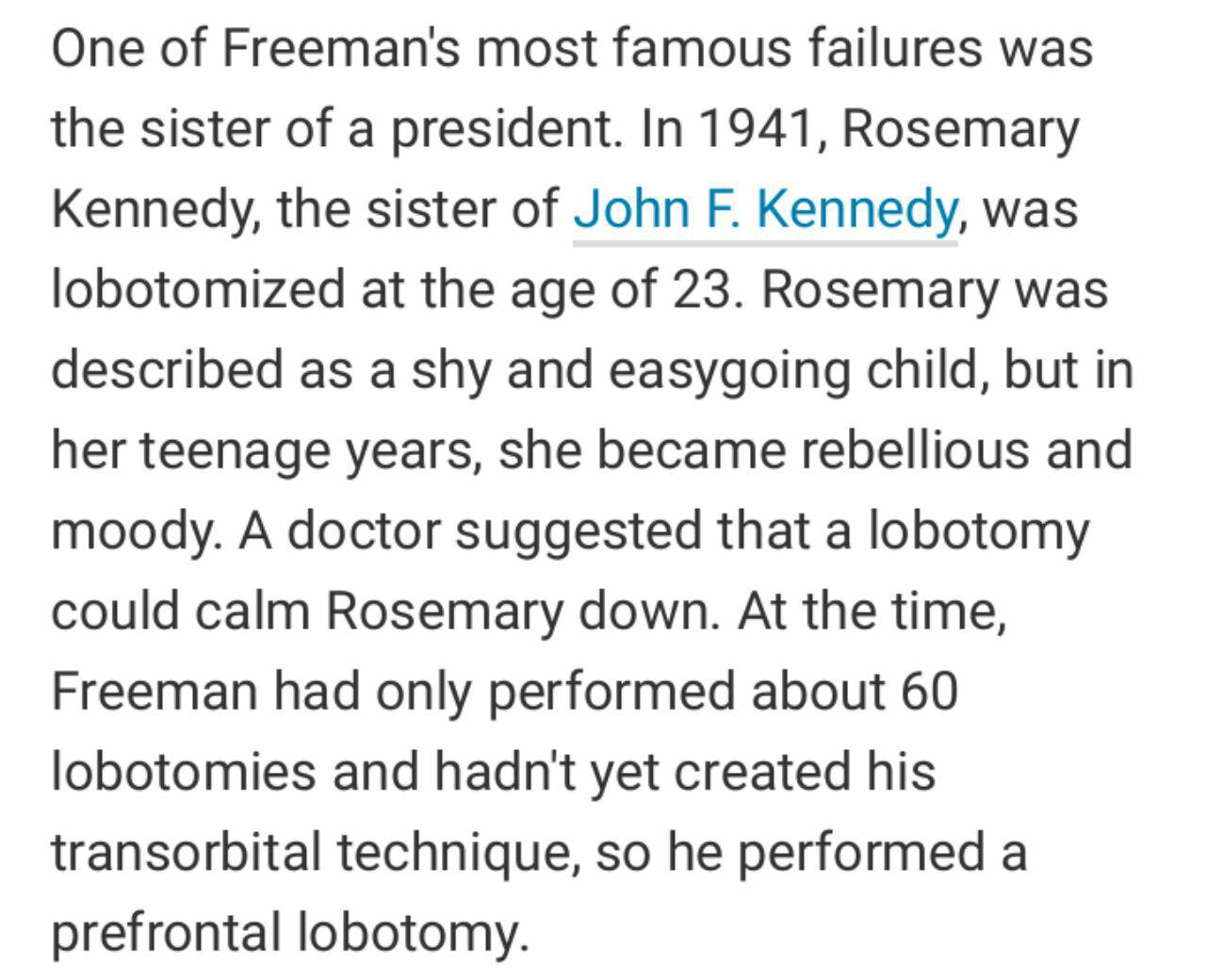

The idea of creating persons without free will was later picked up by Jeffrey Dahmer of Milwaukee. He drilled holes into the forehead of a 13-year-old Laotian boy, Konerak Sinthasomphone, and infused some acid, which made Konerak a relationships-slave zombie.



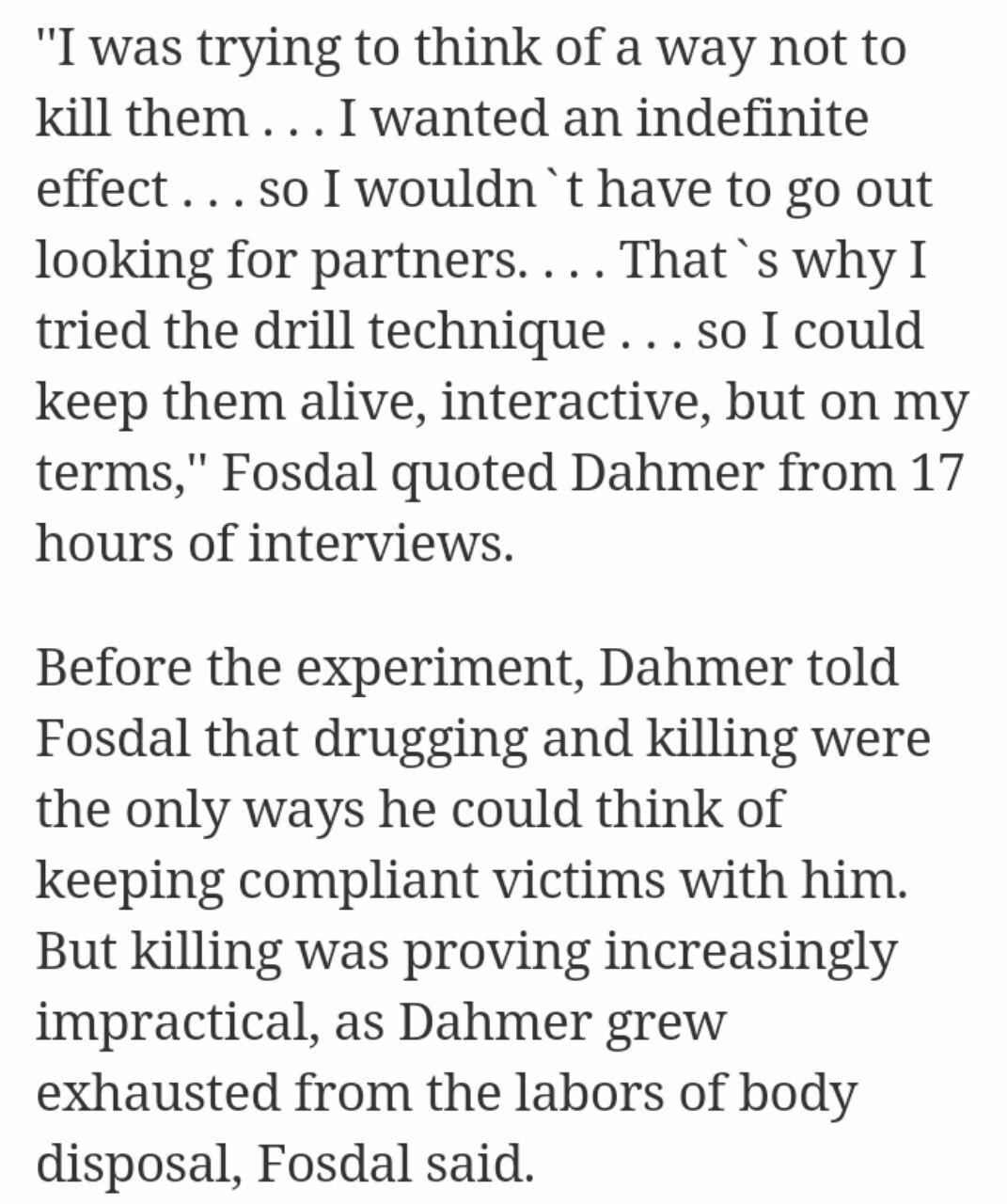
The sometimes limited trustworthiness of science
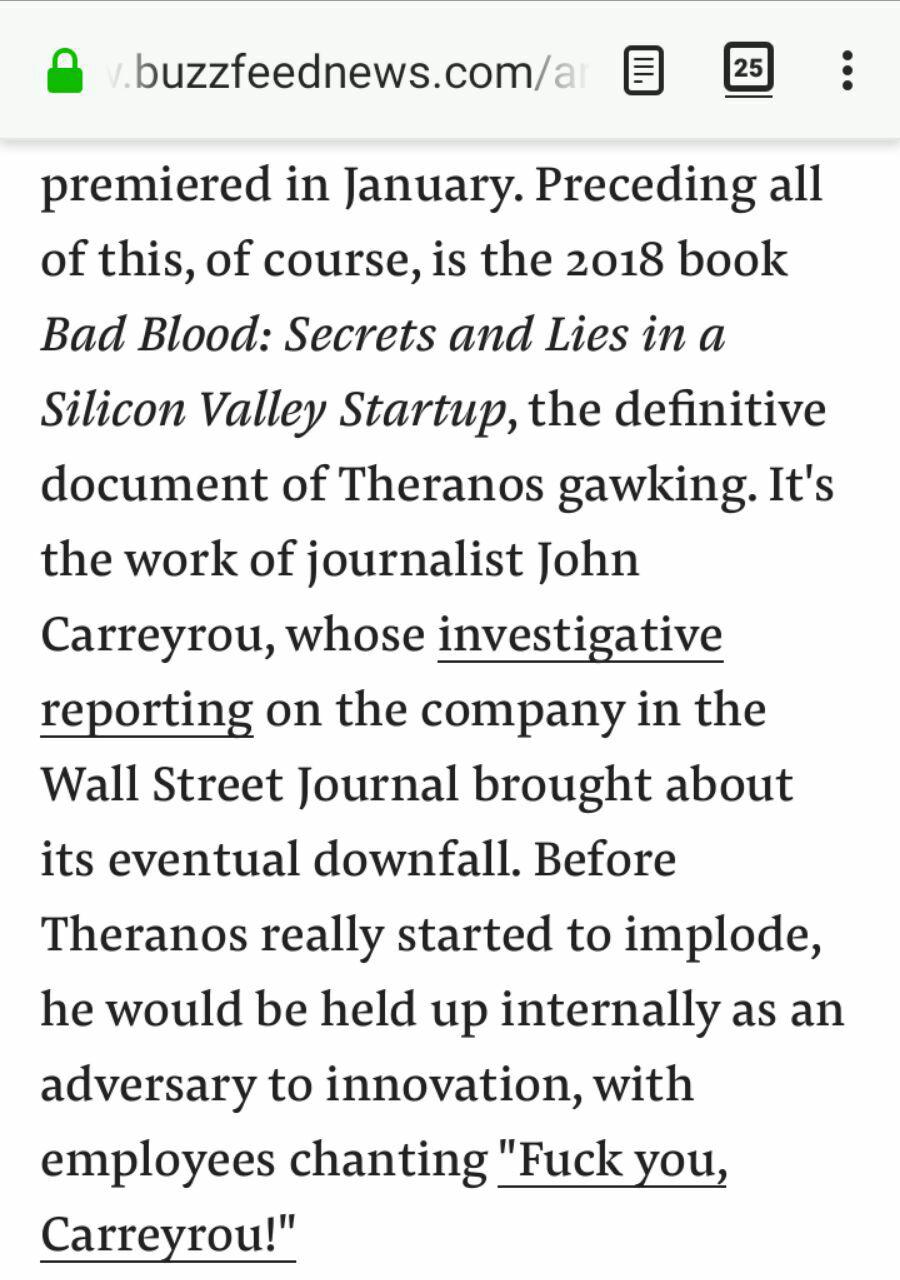
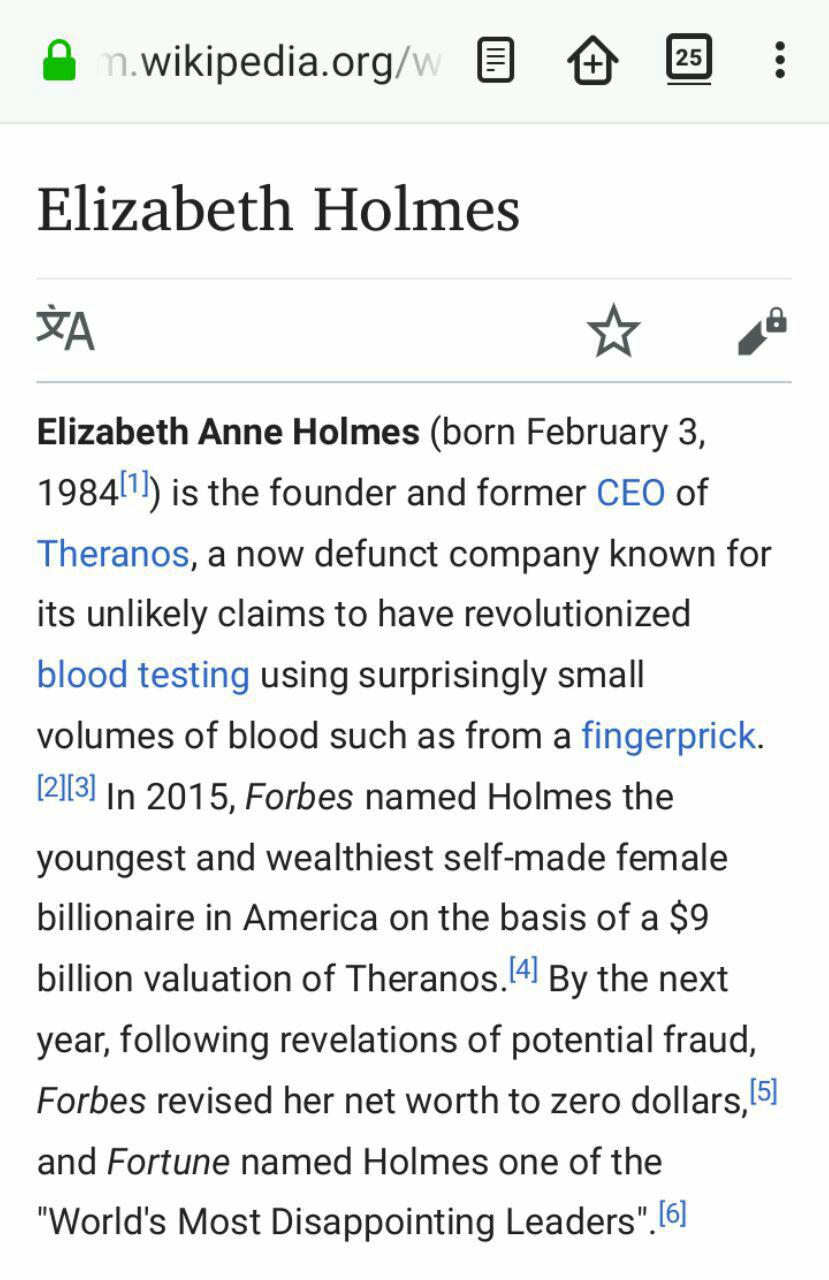

The Korean Dr. Hwang Woo Suk is a case of scientific fraud for vanity. Some scientists just want to be famous.
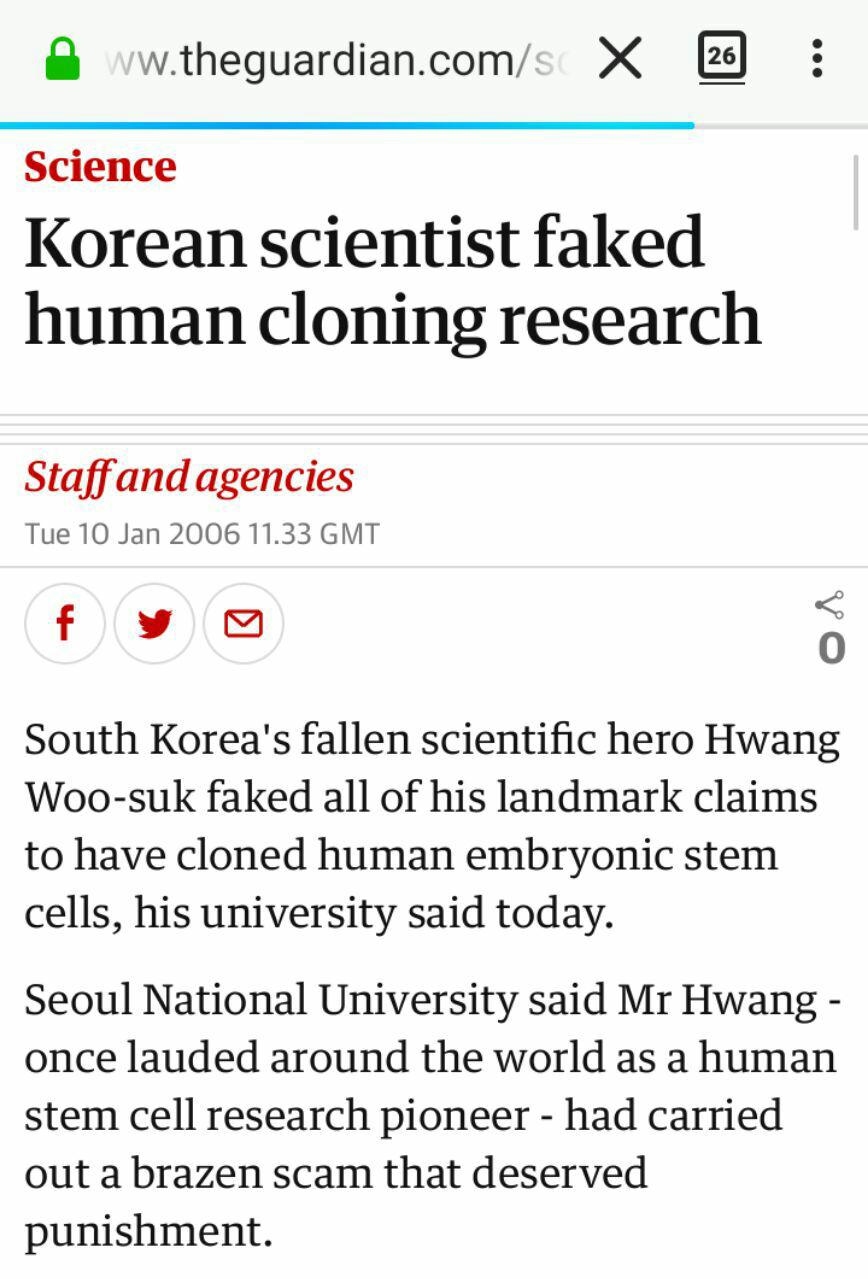
And the German Dr. Josef Mengele was an example of the devil in a white coat.


It's hard to return to a civilized topic like the sometimes limited trustworthiness of science after having considered what humans are capable to do under the cover of medical research.

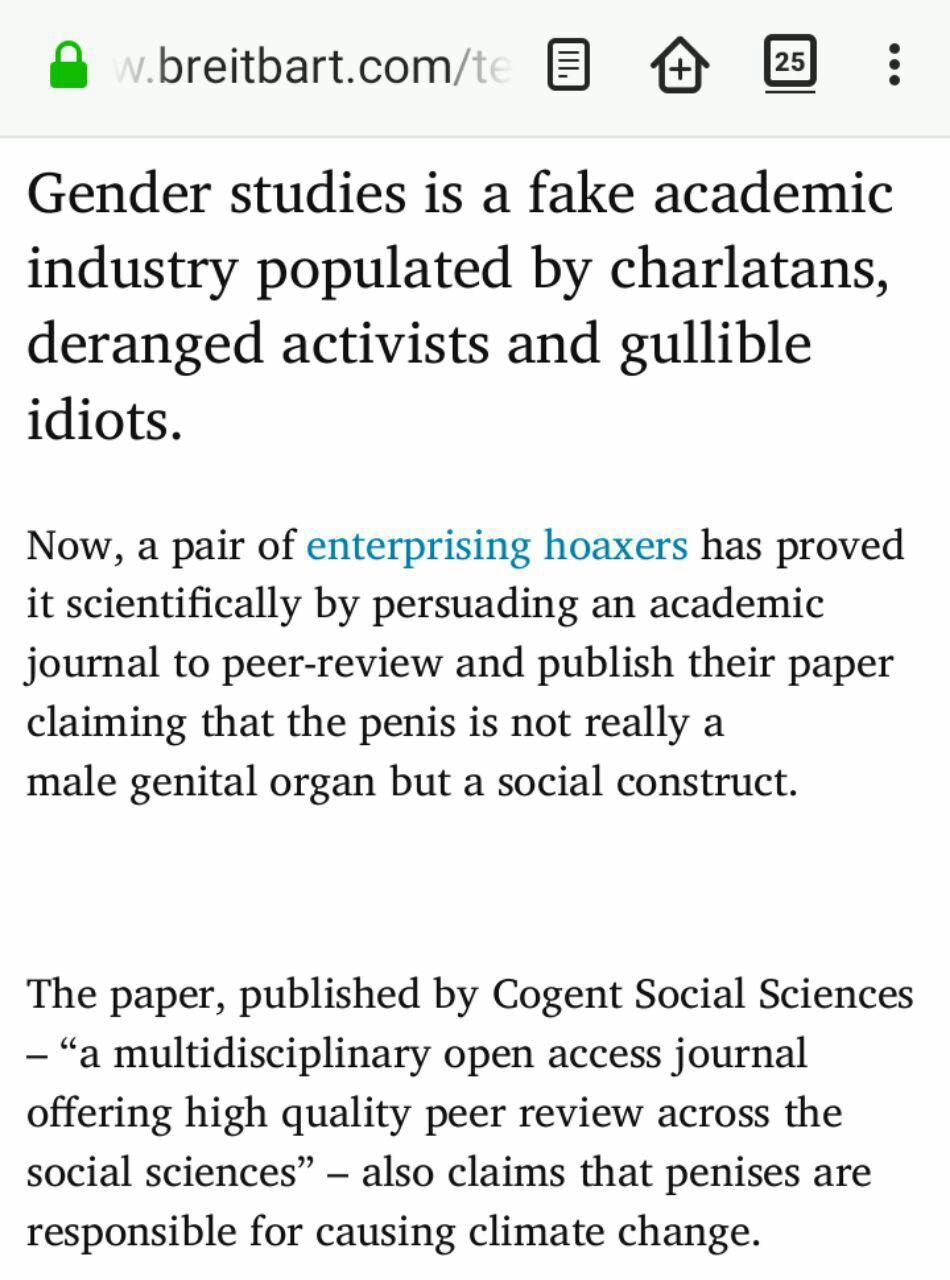
Plain nonsense, not intended as nonsense:
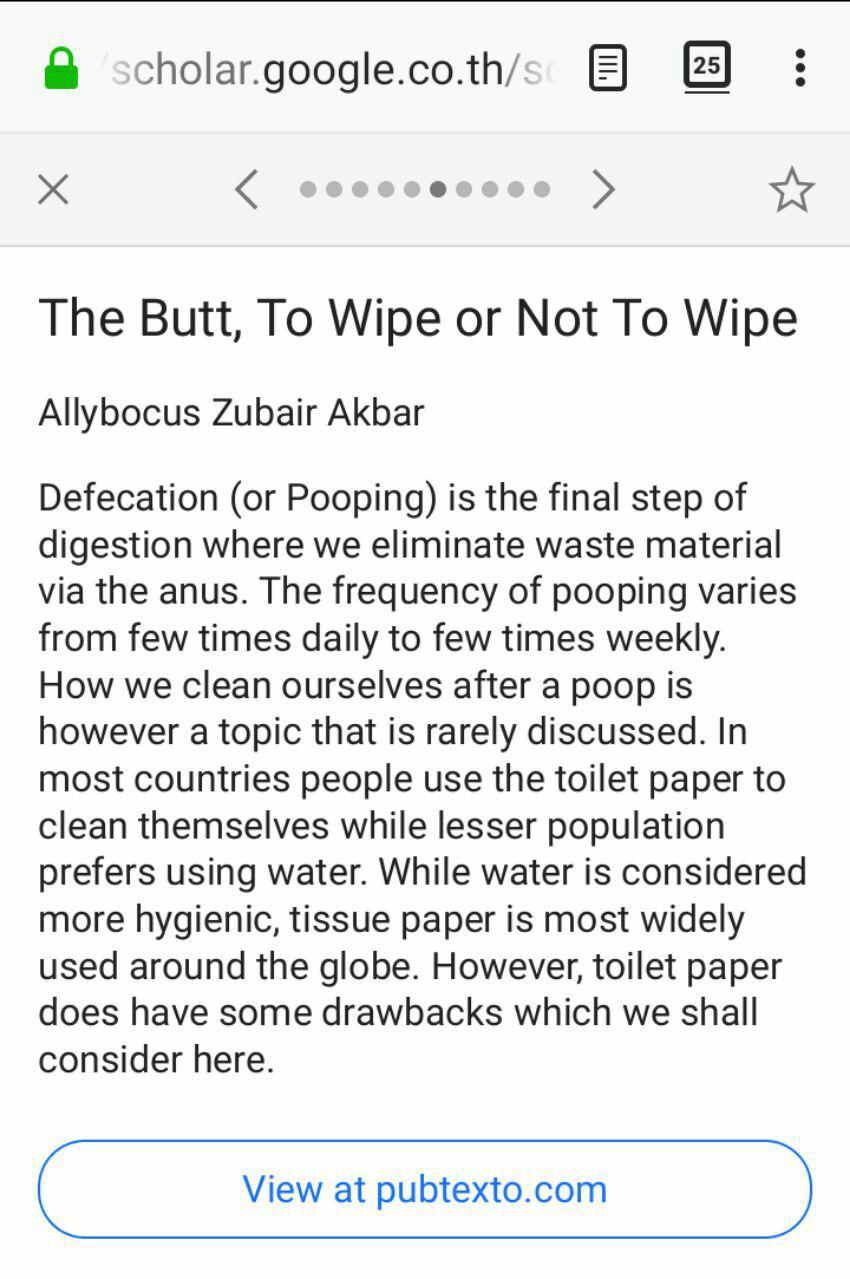
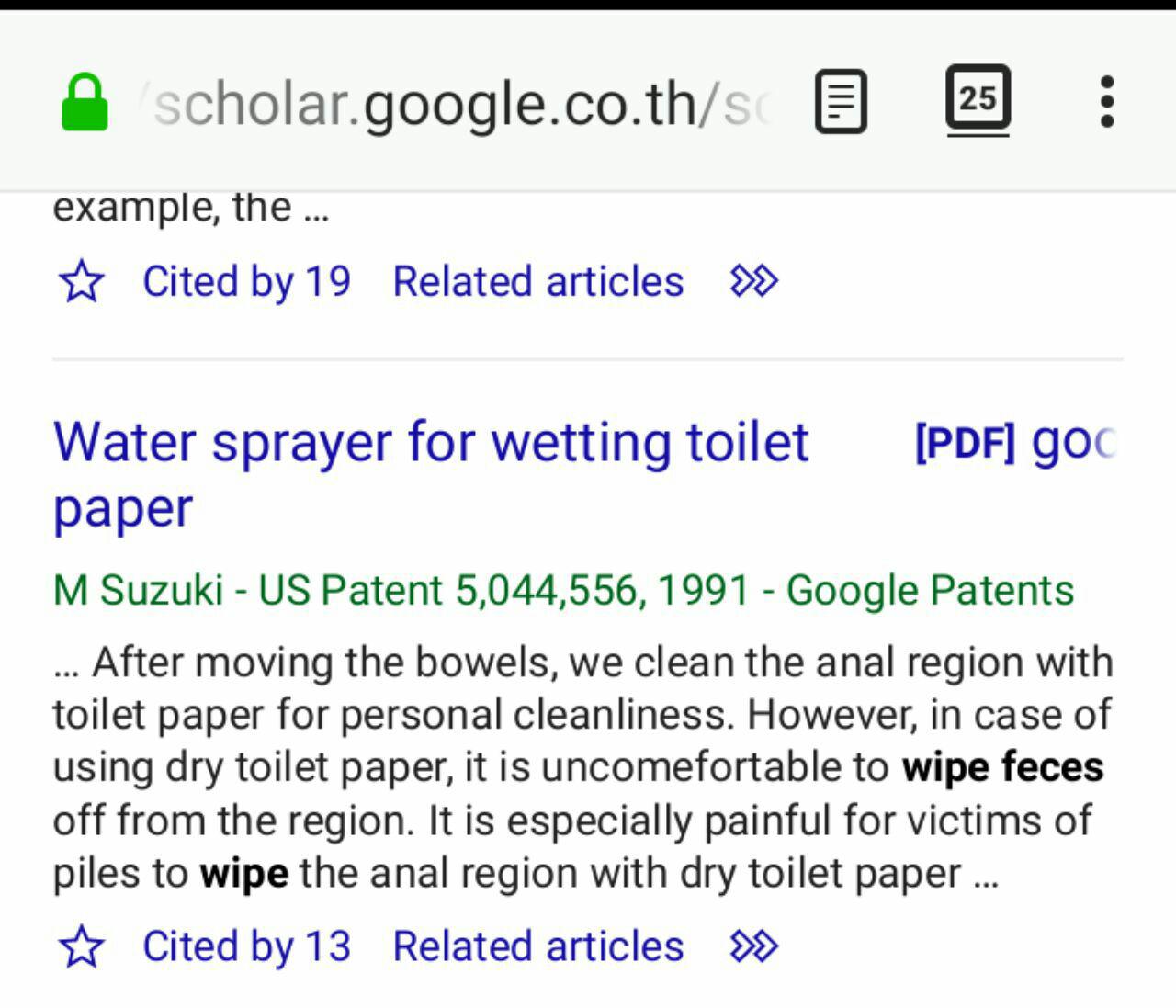
As we have arrived on the topic of ass-wiping: A study claiming to have found out that leftist British politicians wipe their asses with the right hand, and conservative politicians wipe their asses with the left hand, also made it into a scientific journal.
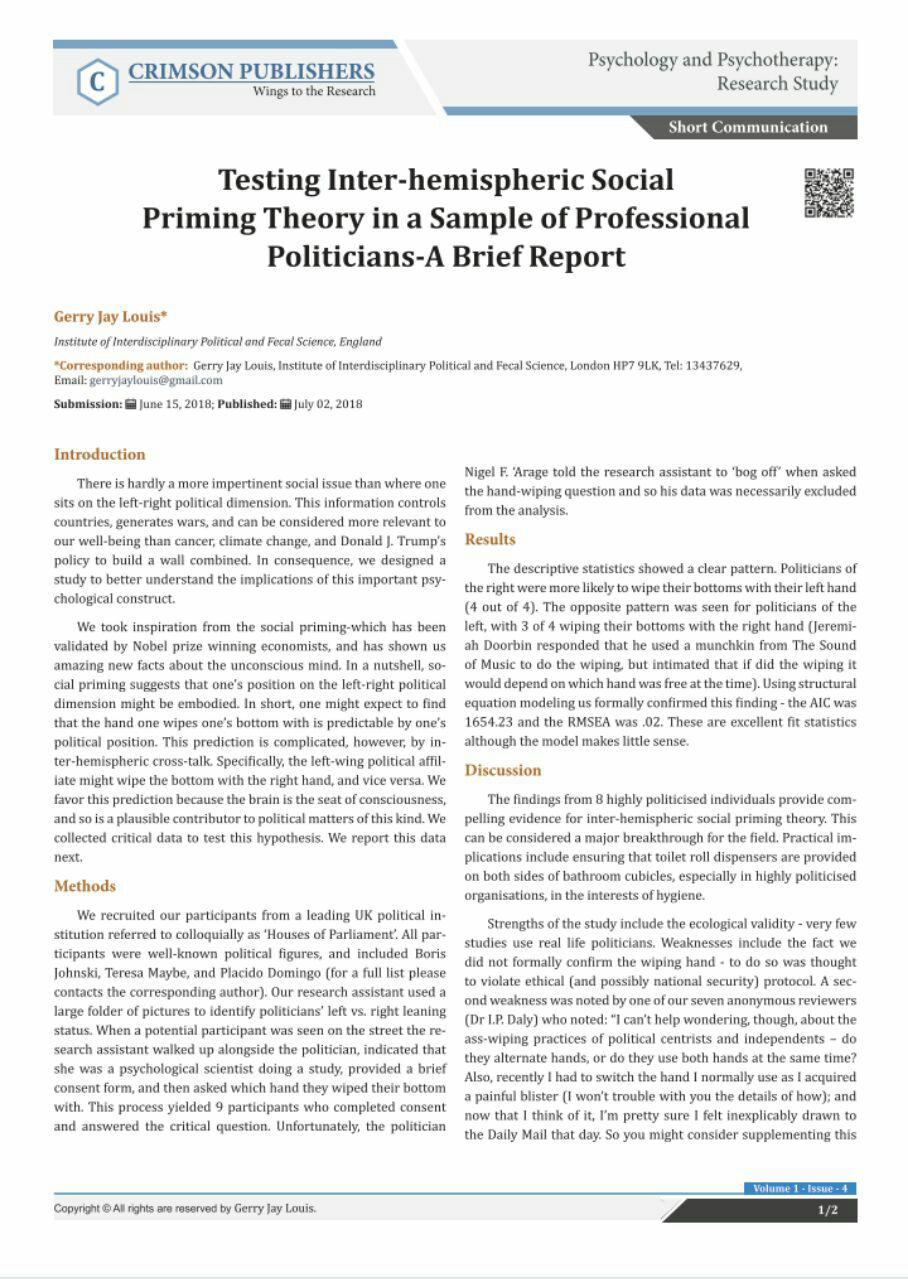
The ground-breaking study on how politicians wipe their asses was published here:
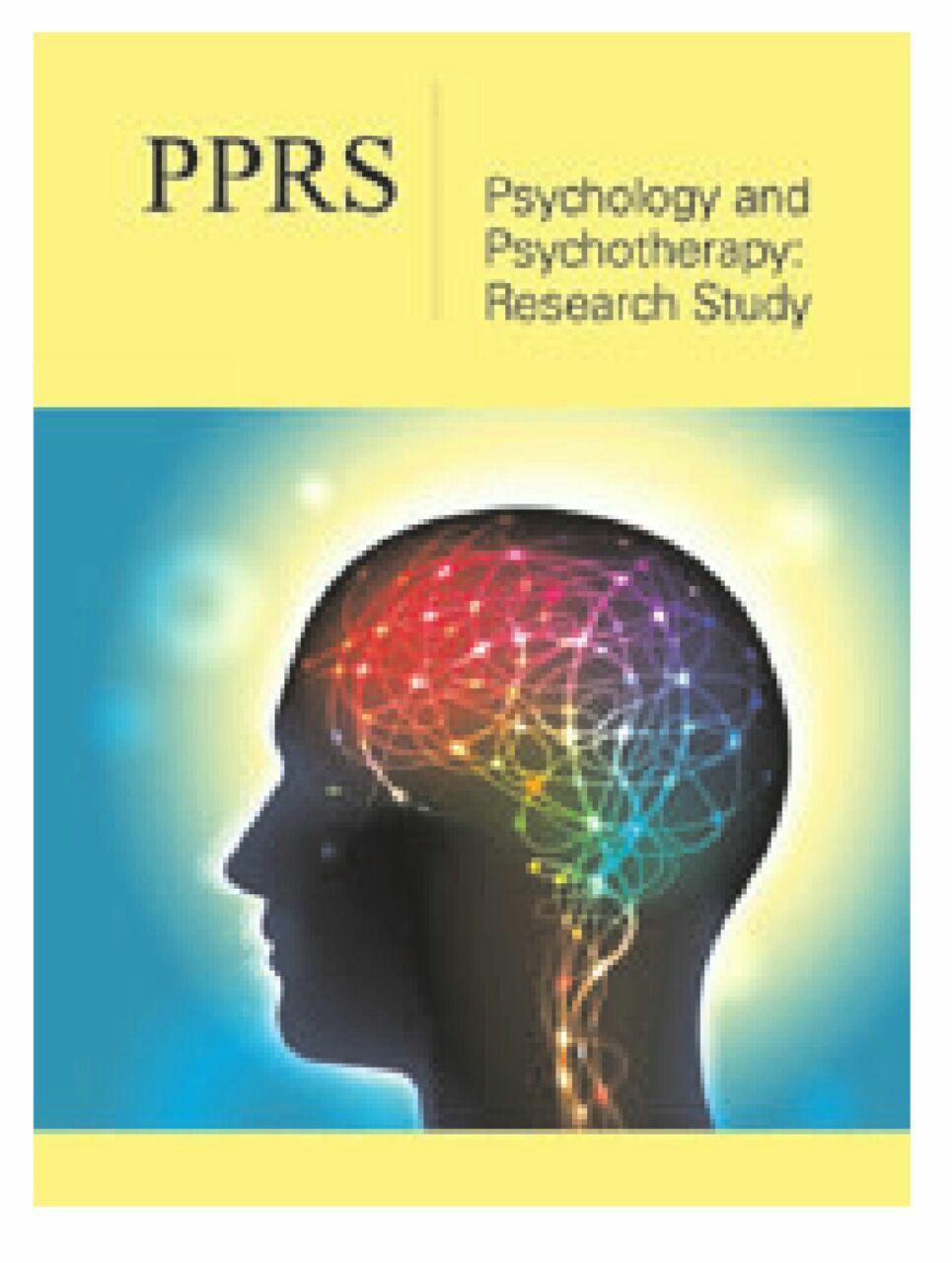
Why, in the context of tongkat ali standardization, these examples of what gets published in scientific journals? We want you a bit less gullible, a bit more critical when tongkat ali traders refer to scientific studies or methods in their sales pitch. The seller could be a scammer, the study could be wrongfully interpreted, or the study could be a dubious construct of Third World scientist who earned a degree on the connections-and-money route, who are affiliated with business interests or the national development plans of Third World governments.
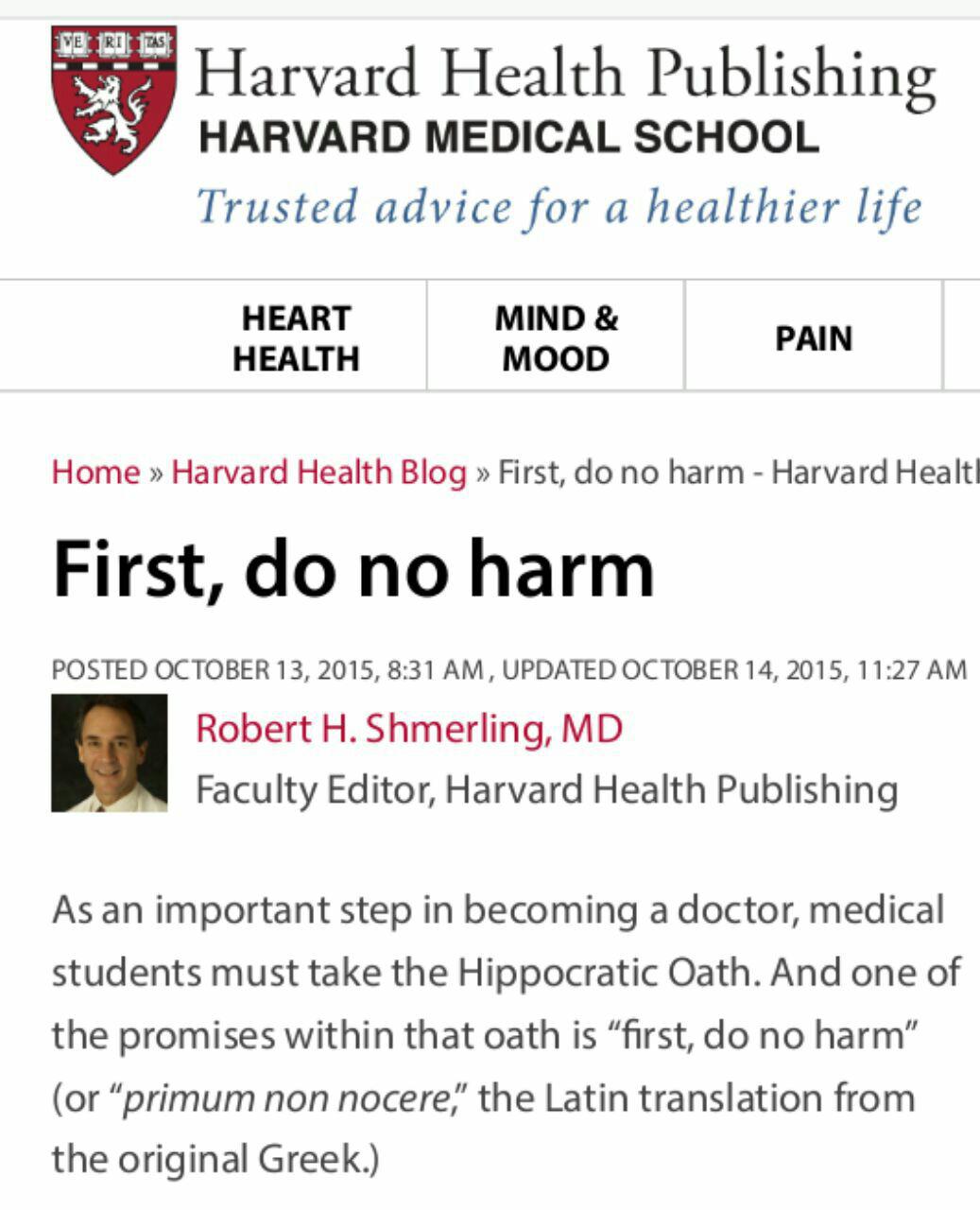
Folk medicine may not have pharmaceutical hammers like Viagra in its repertoire. But Viagra can cause strokes and be fatal, and Viagra-assisted relationships is satisfying on a limited scale only.
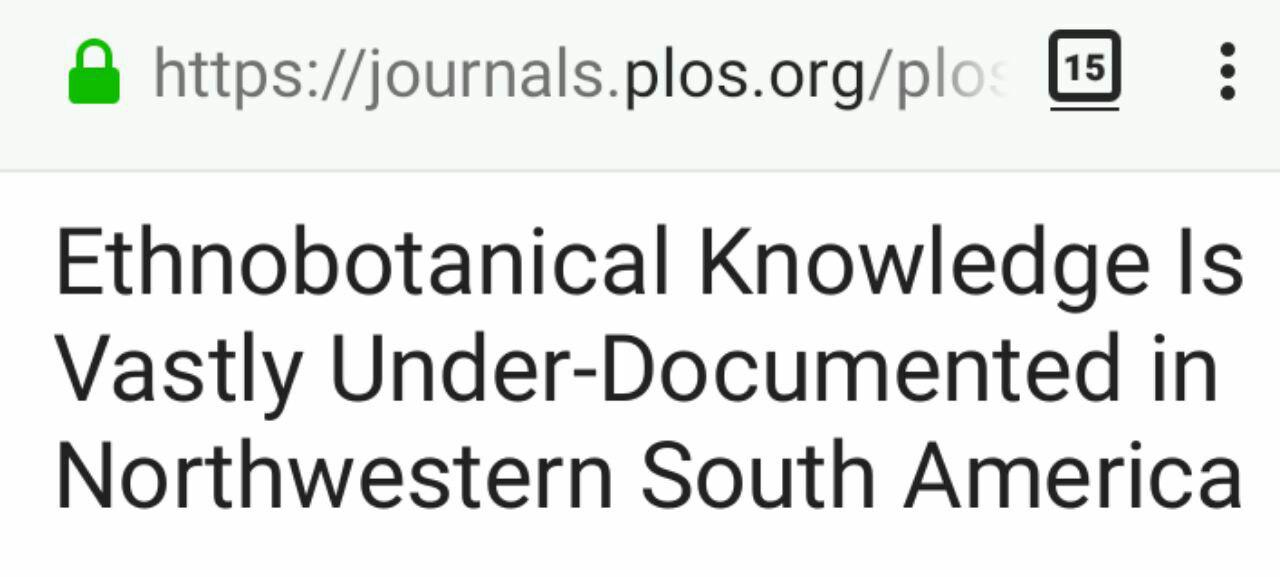

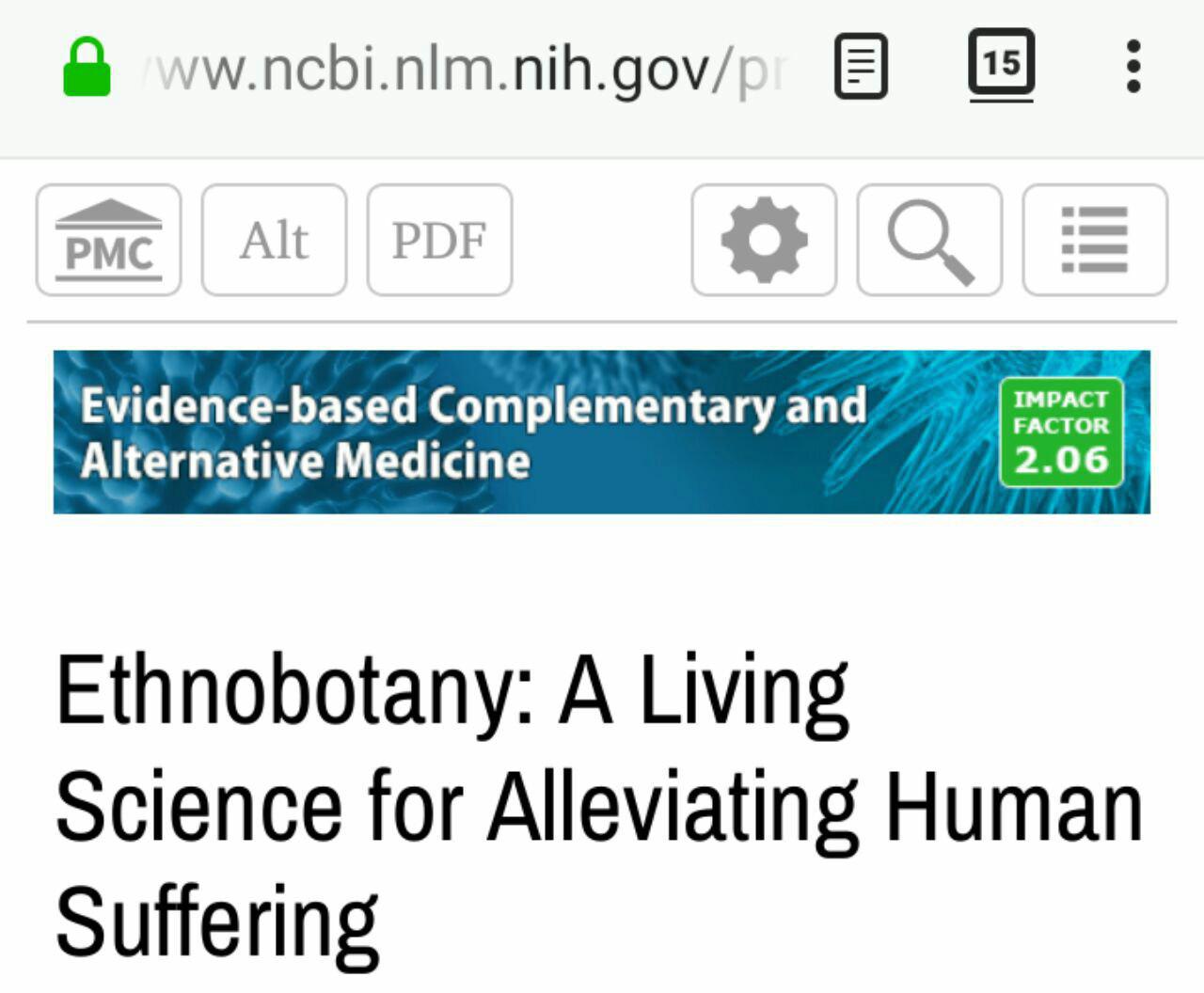
Dubious tongkat ali standardization for eurycomanone, and other attemps to kidnap traditional knowledge for the development plans of Third World countries, are just attempts to corrupt ethnobotany.
